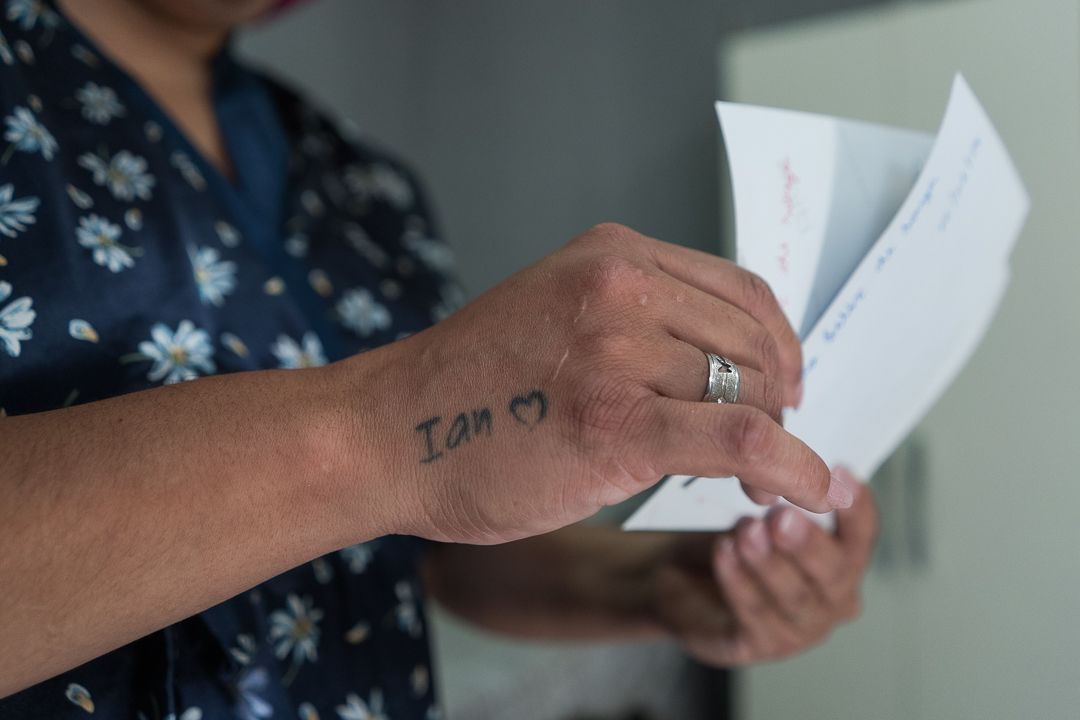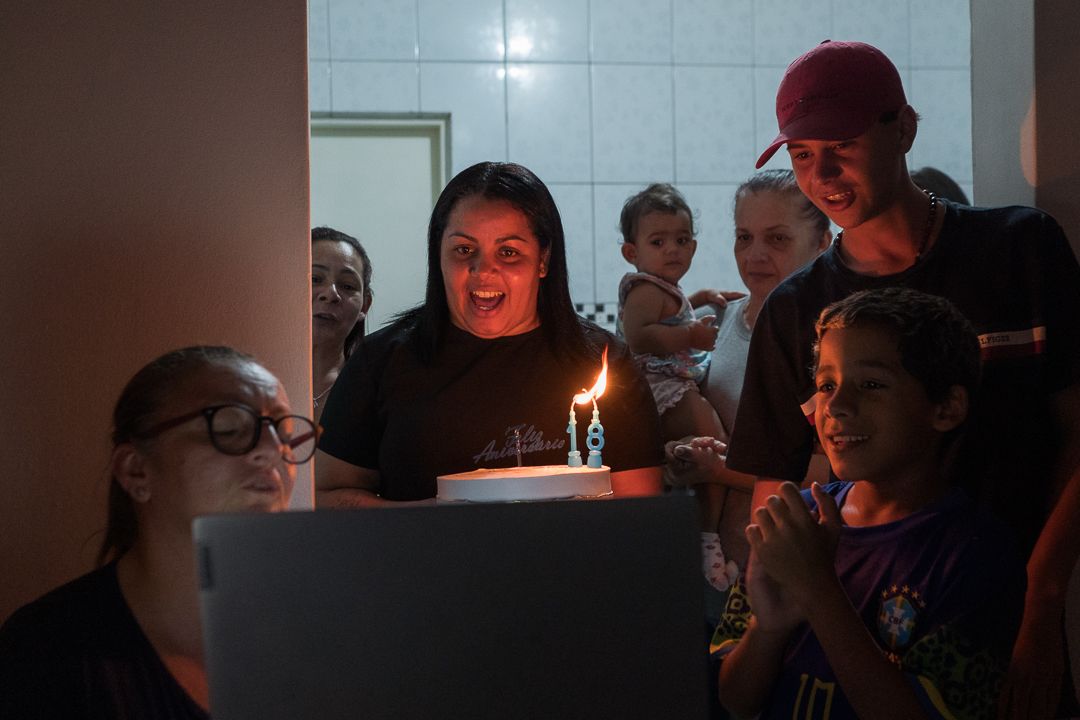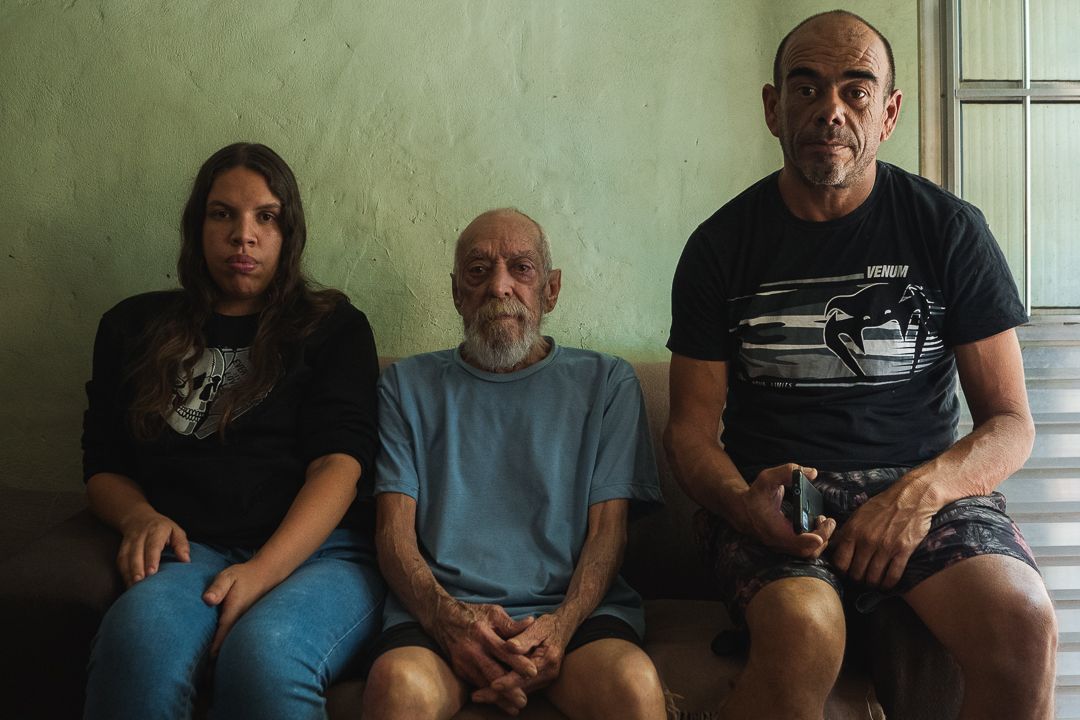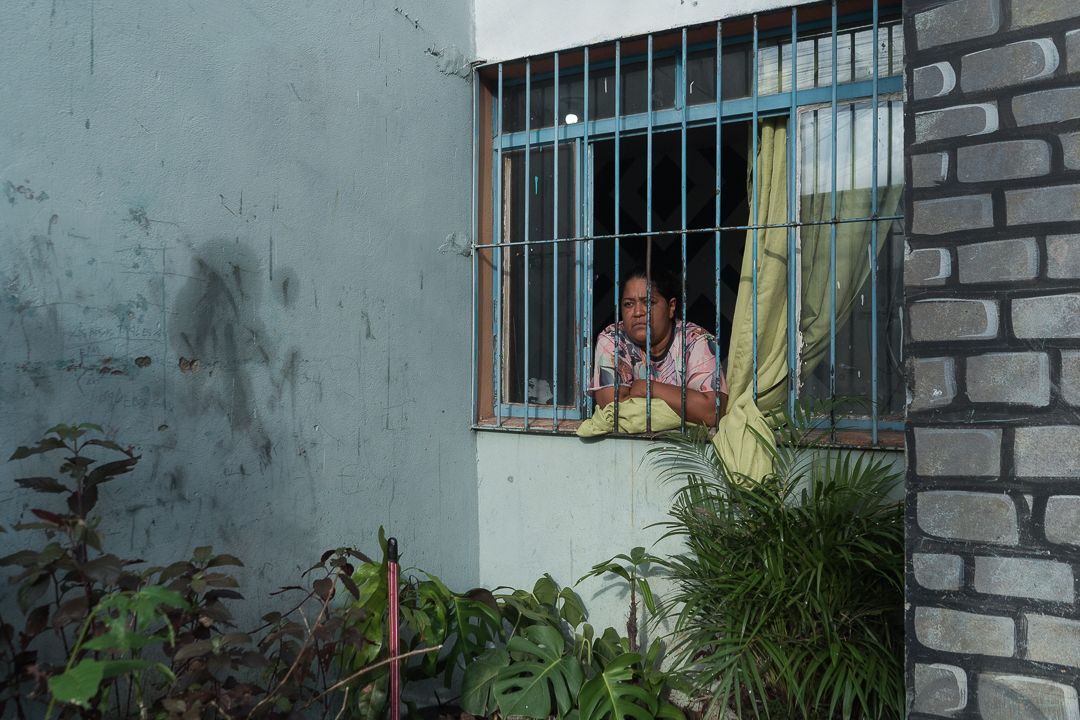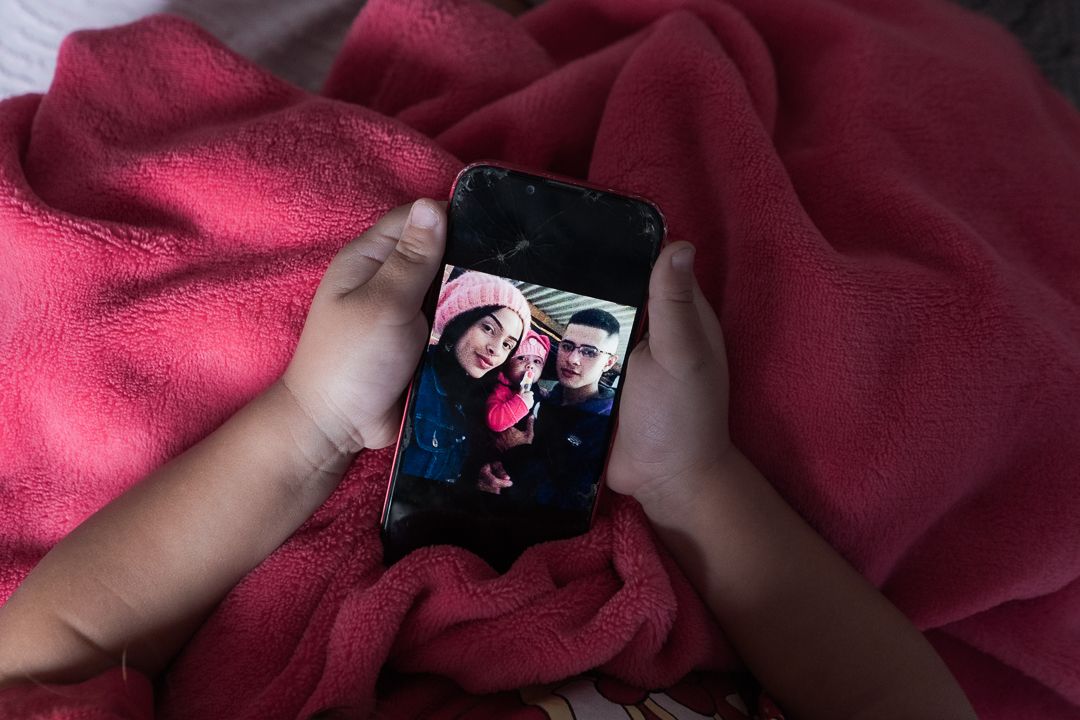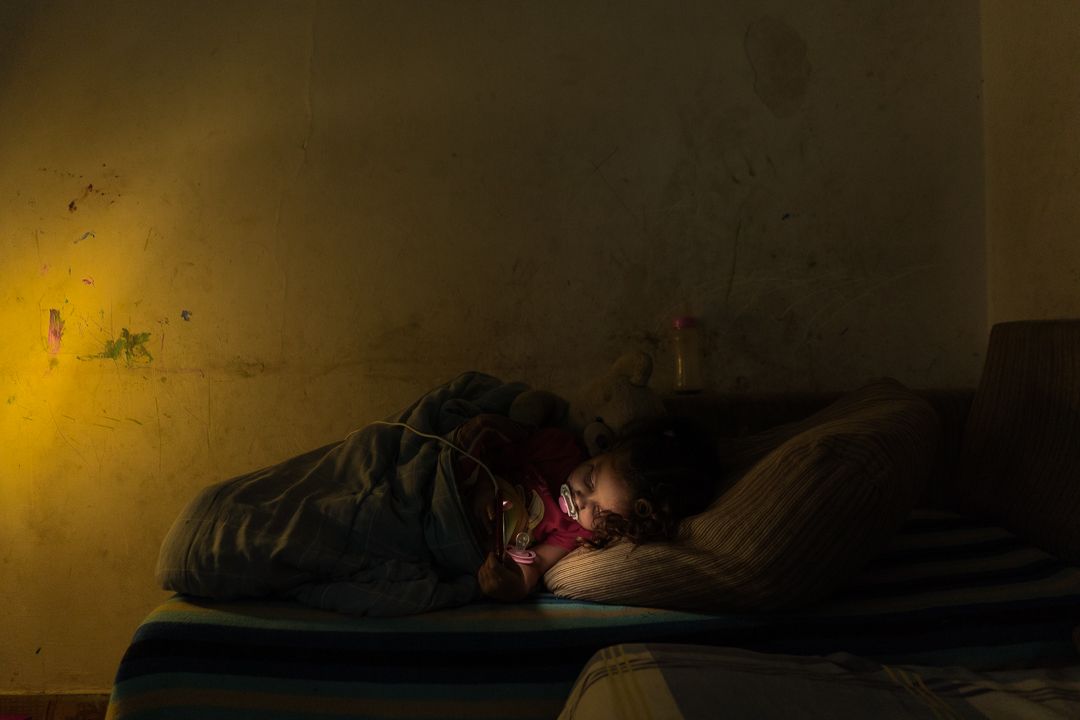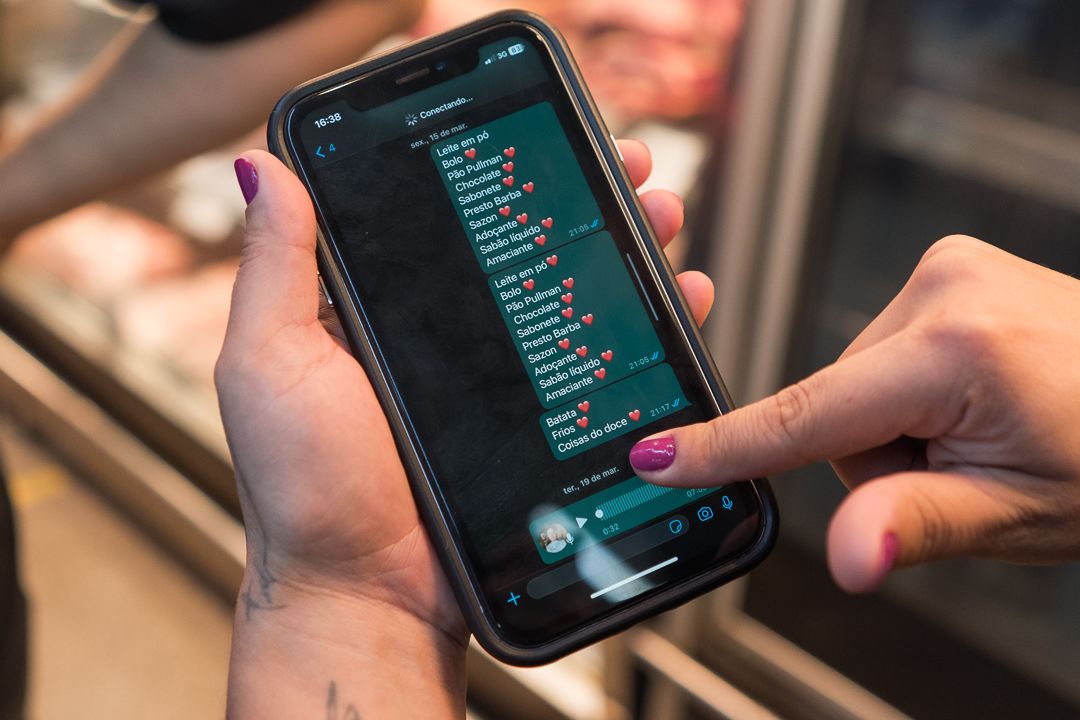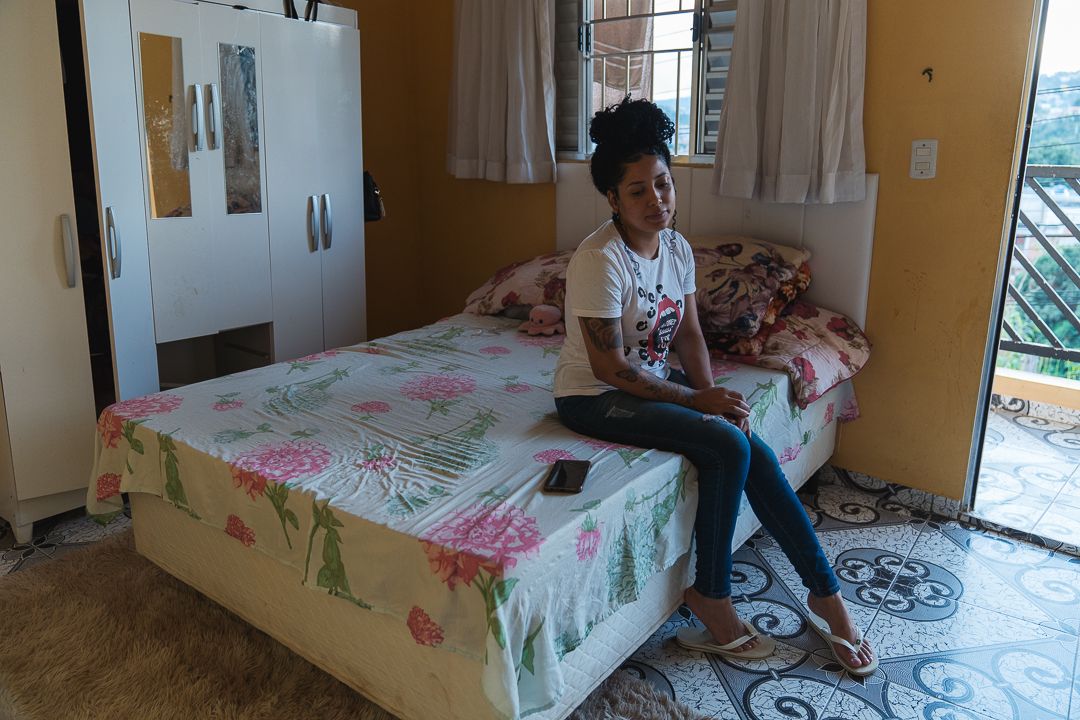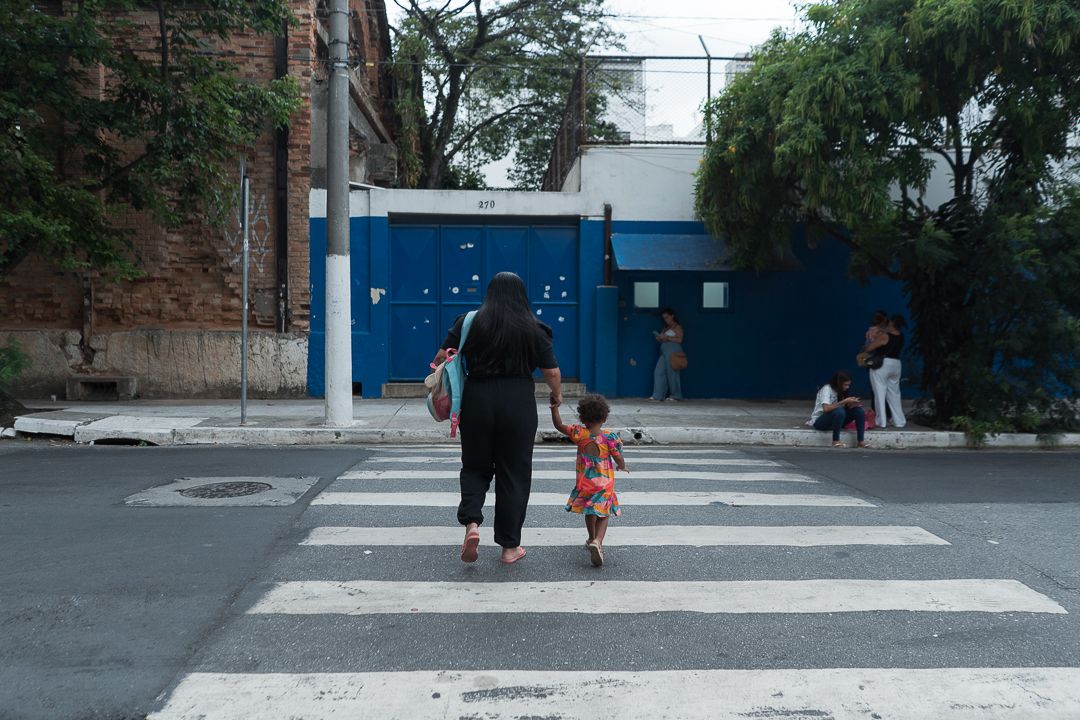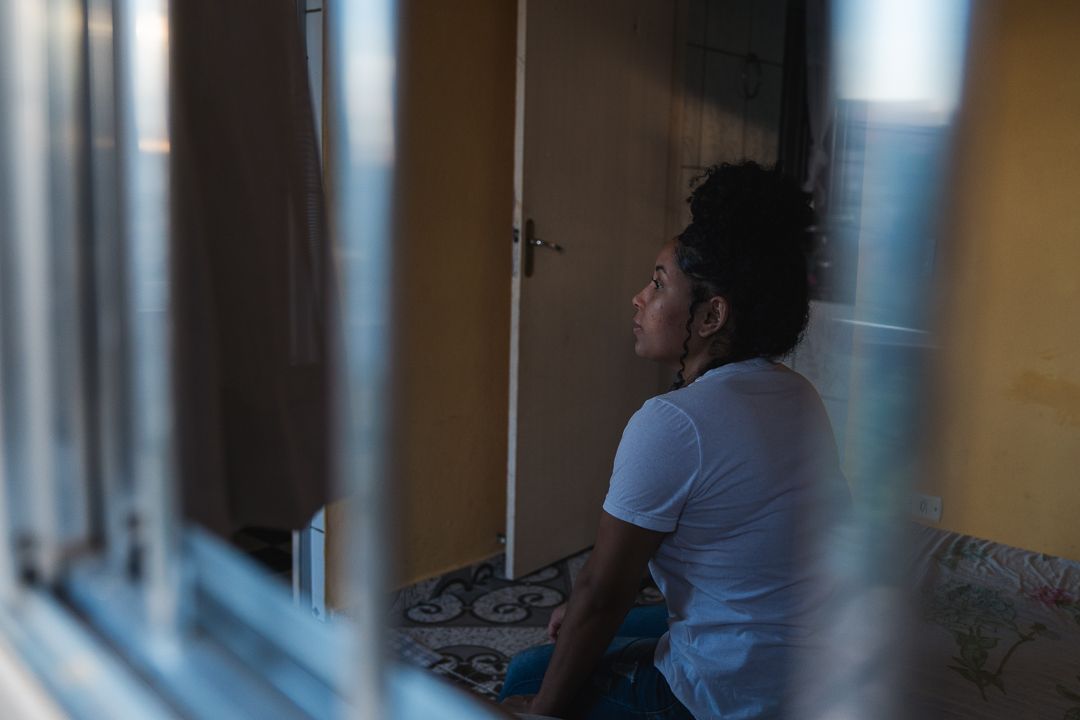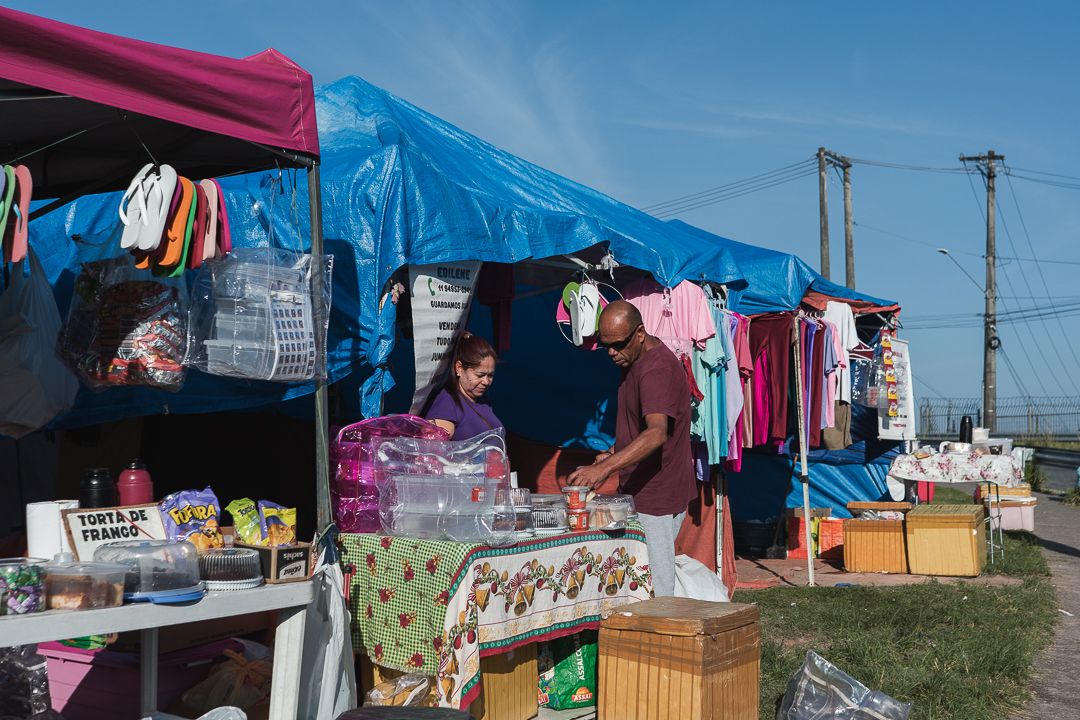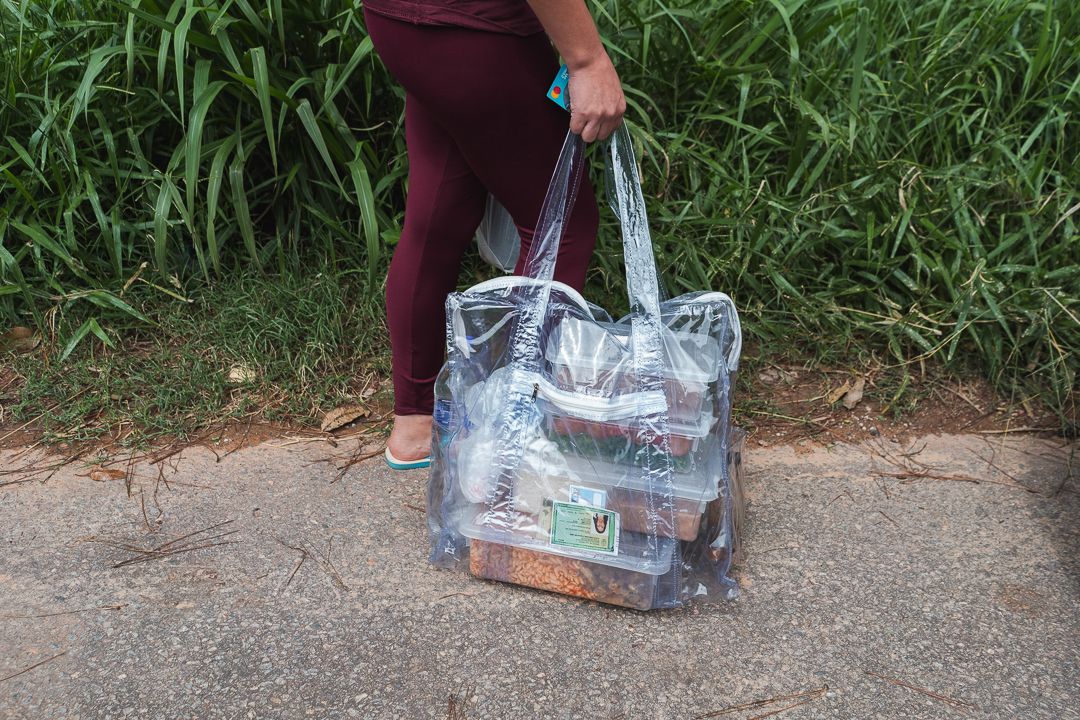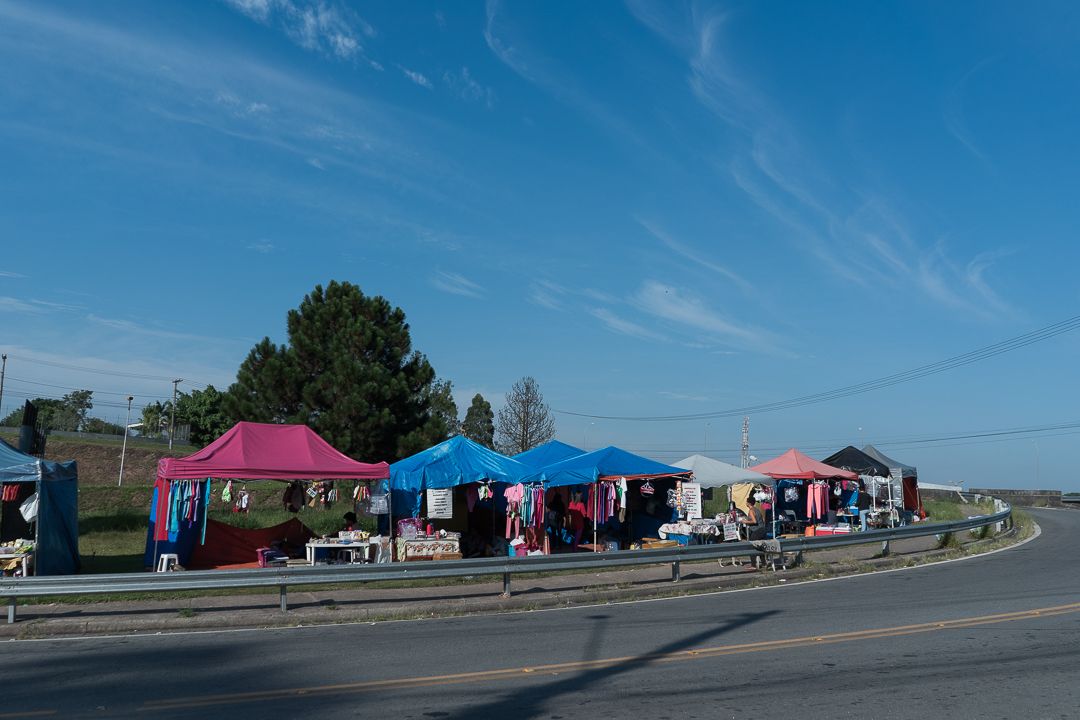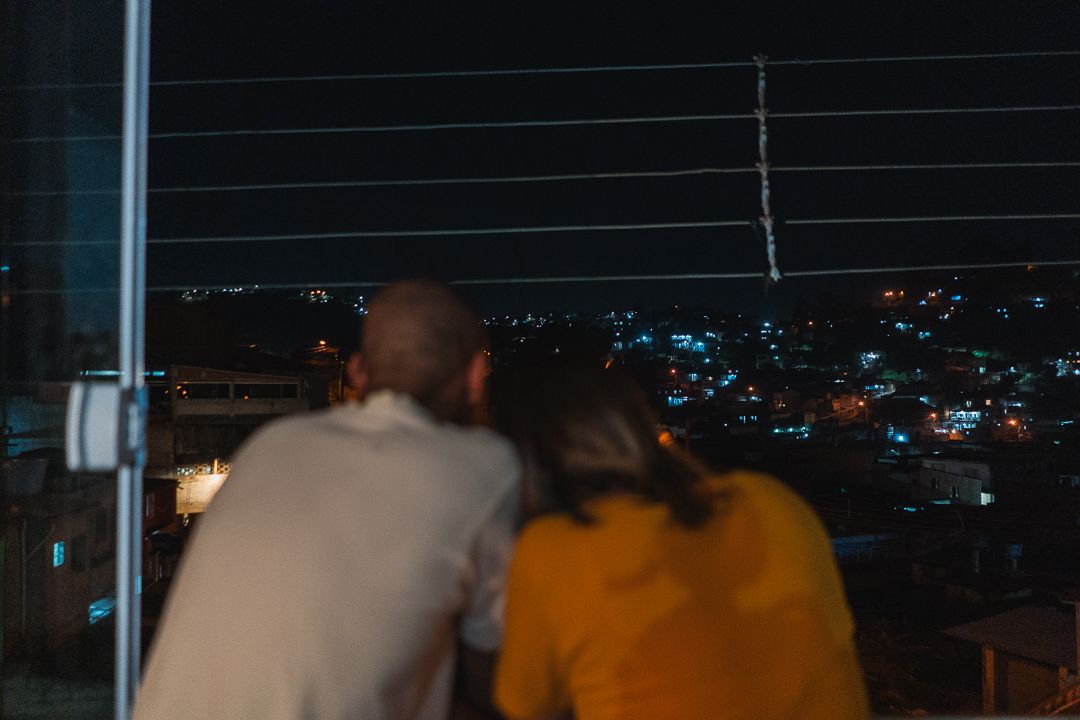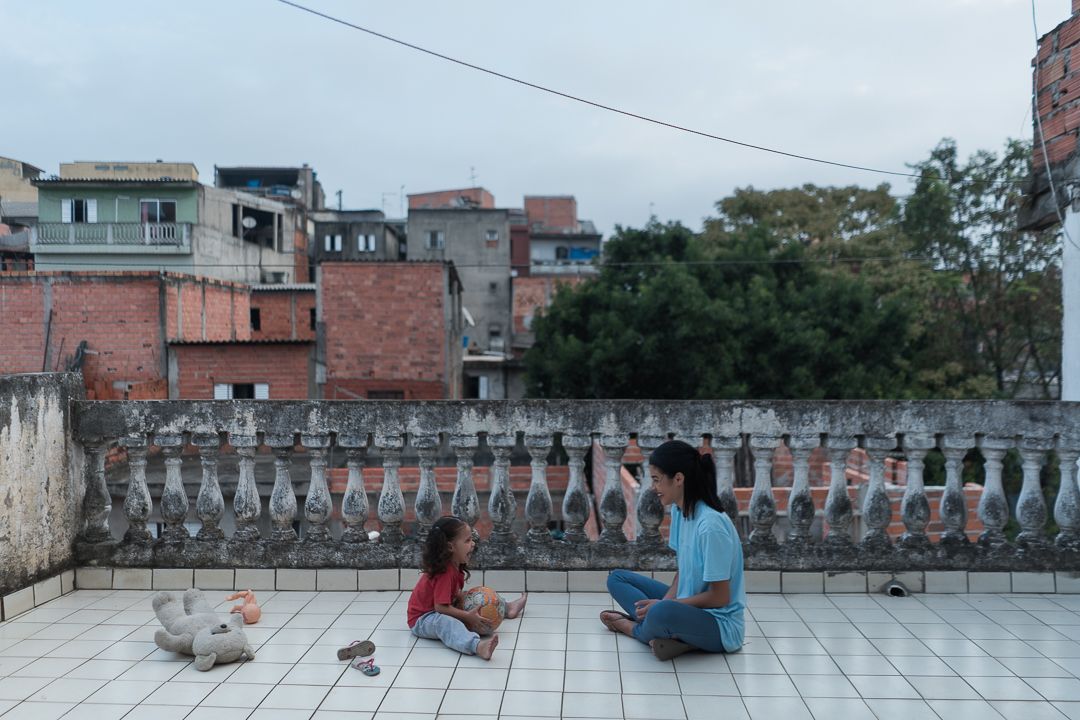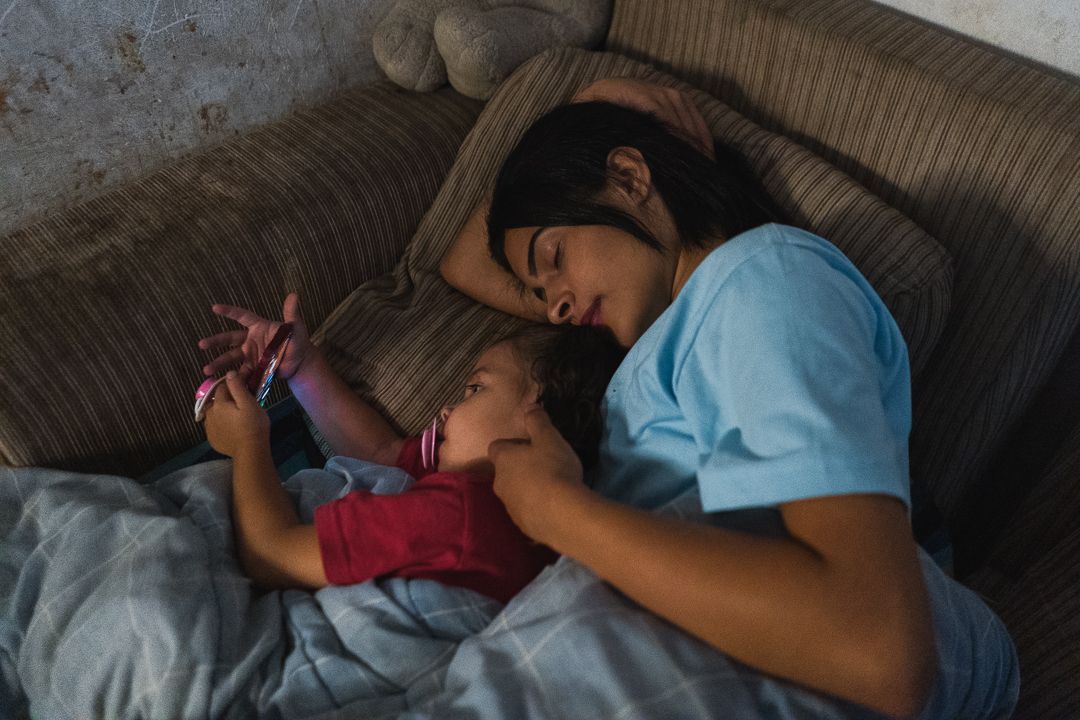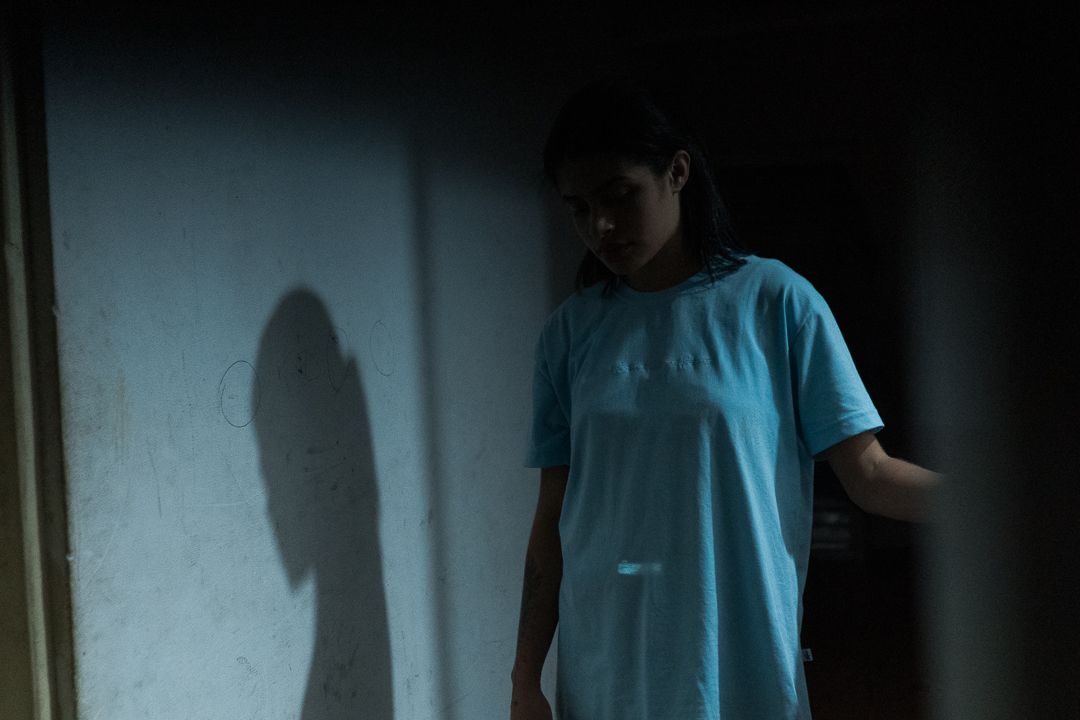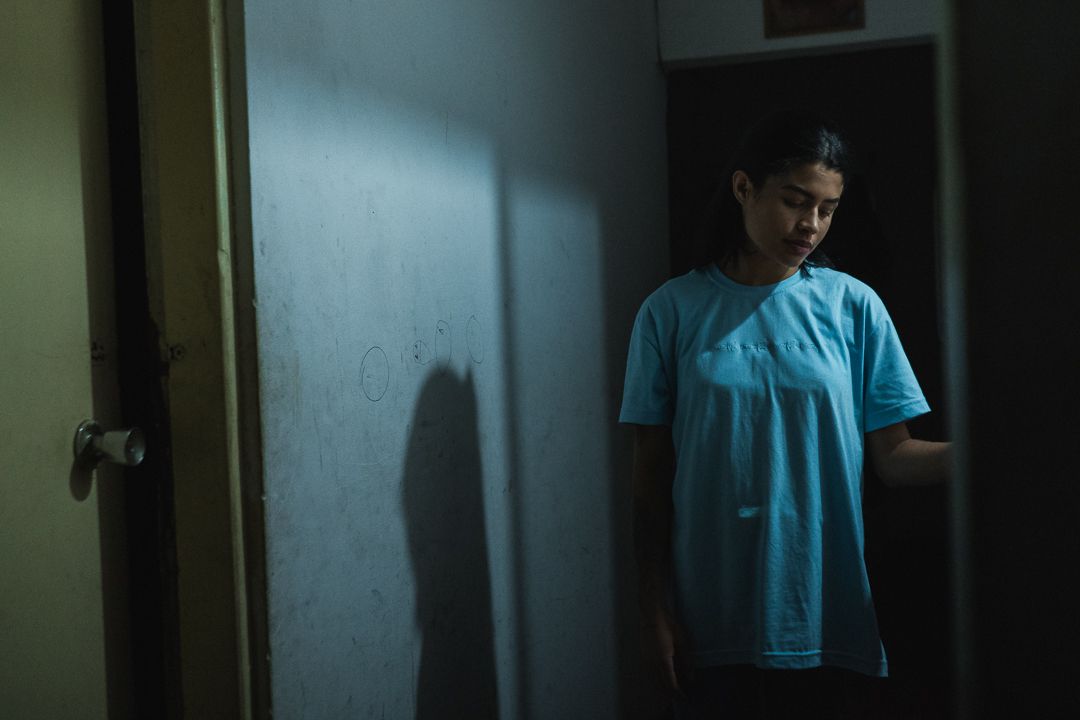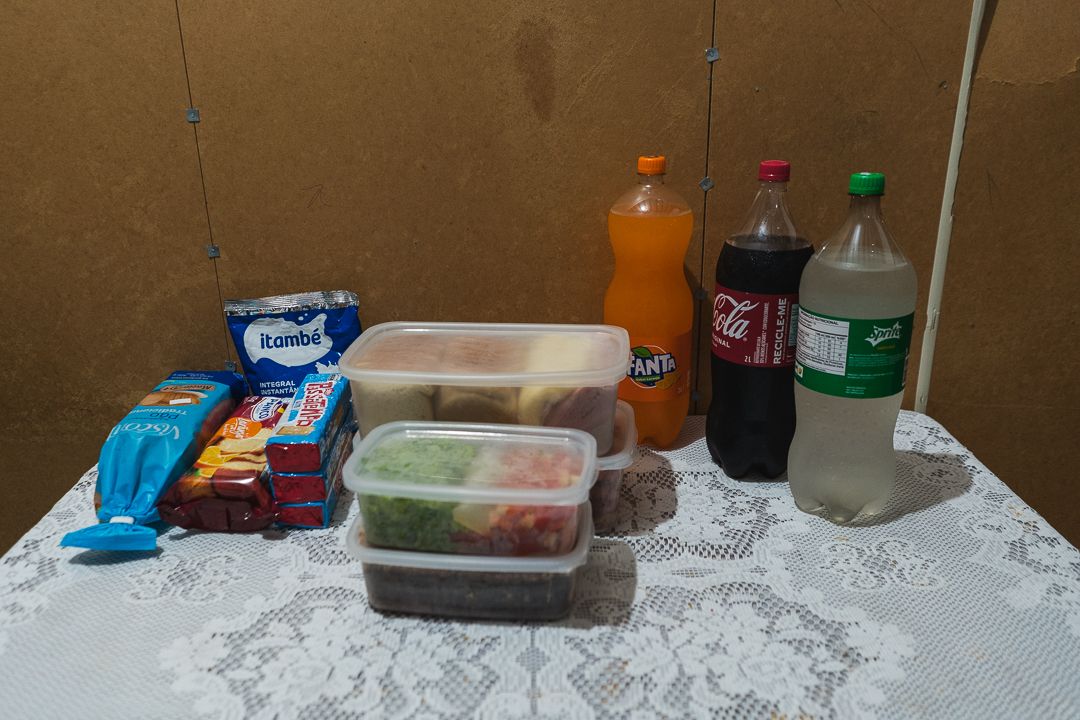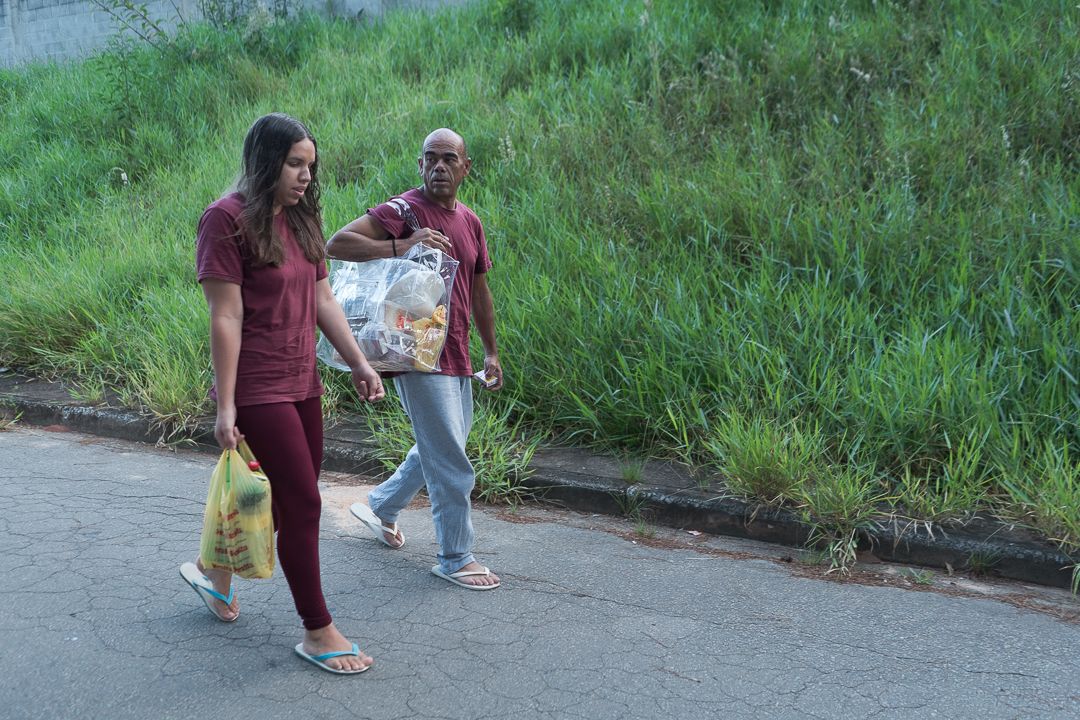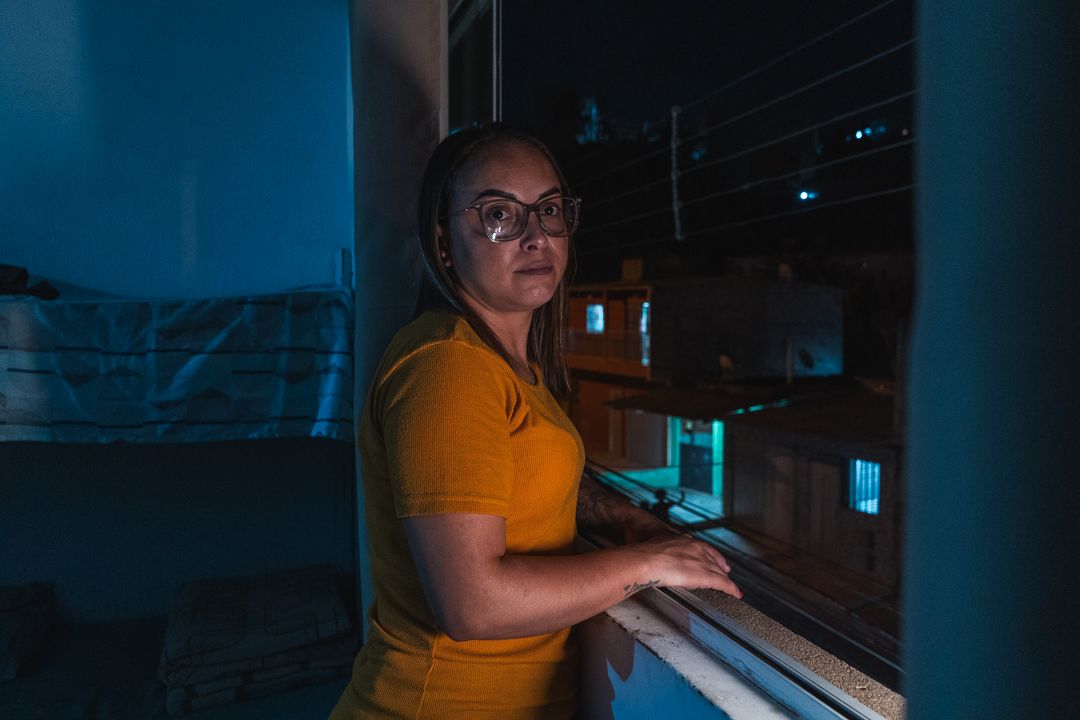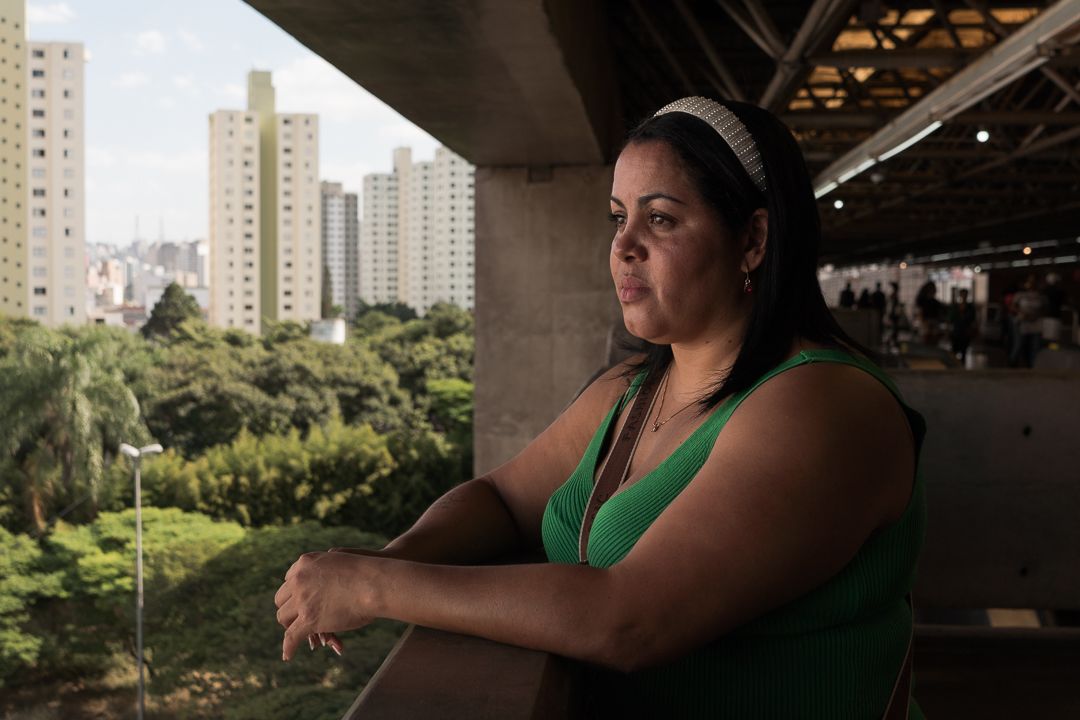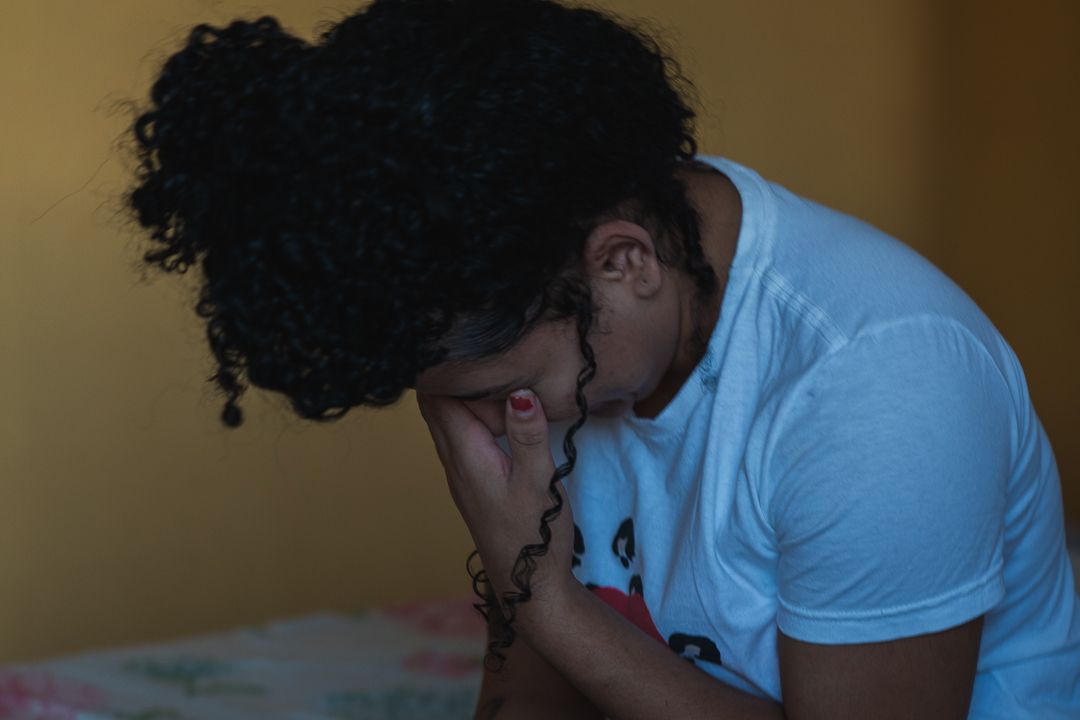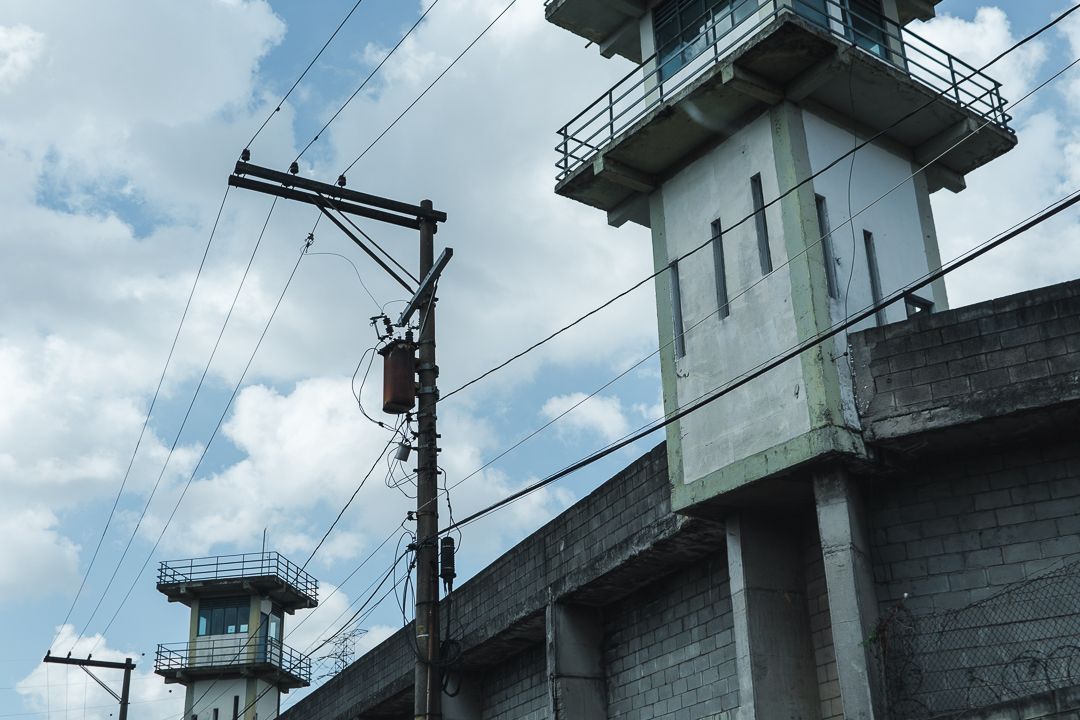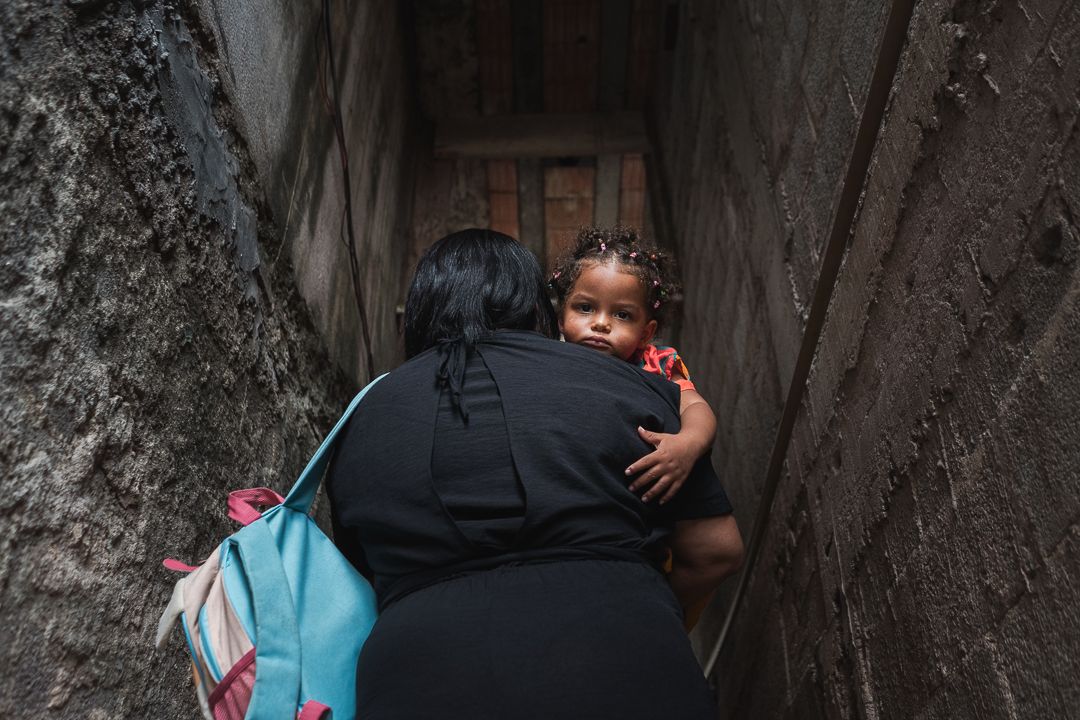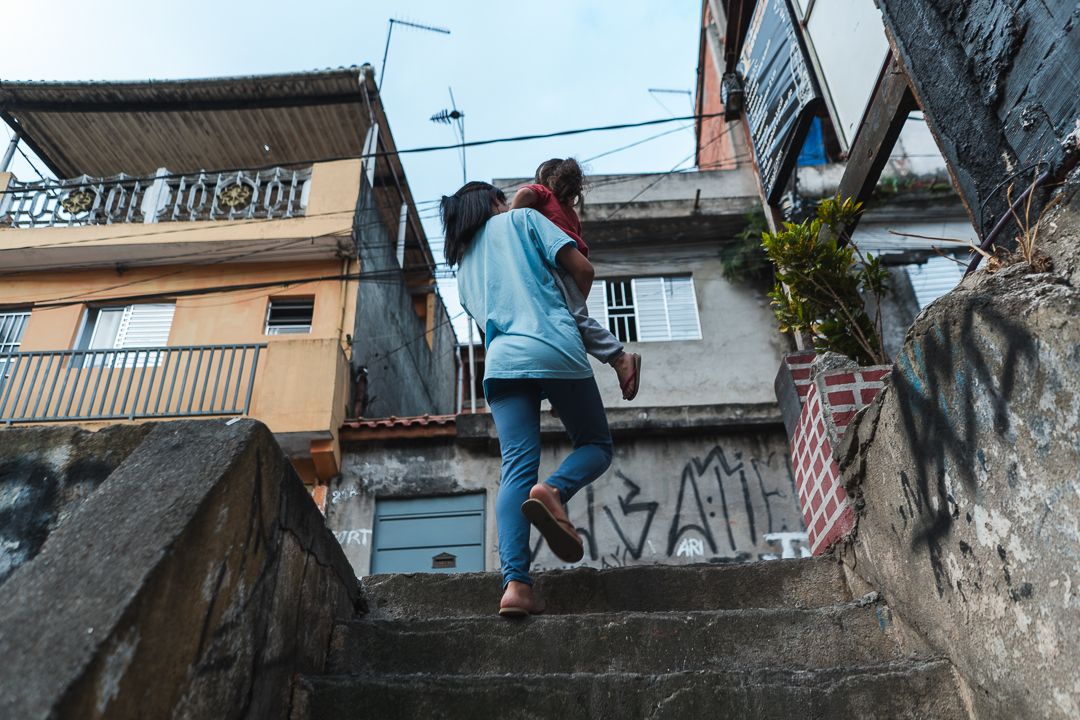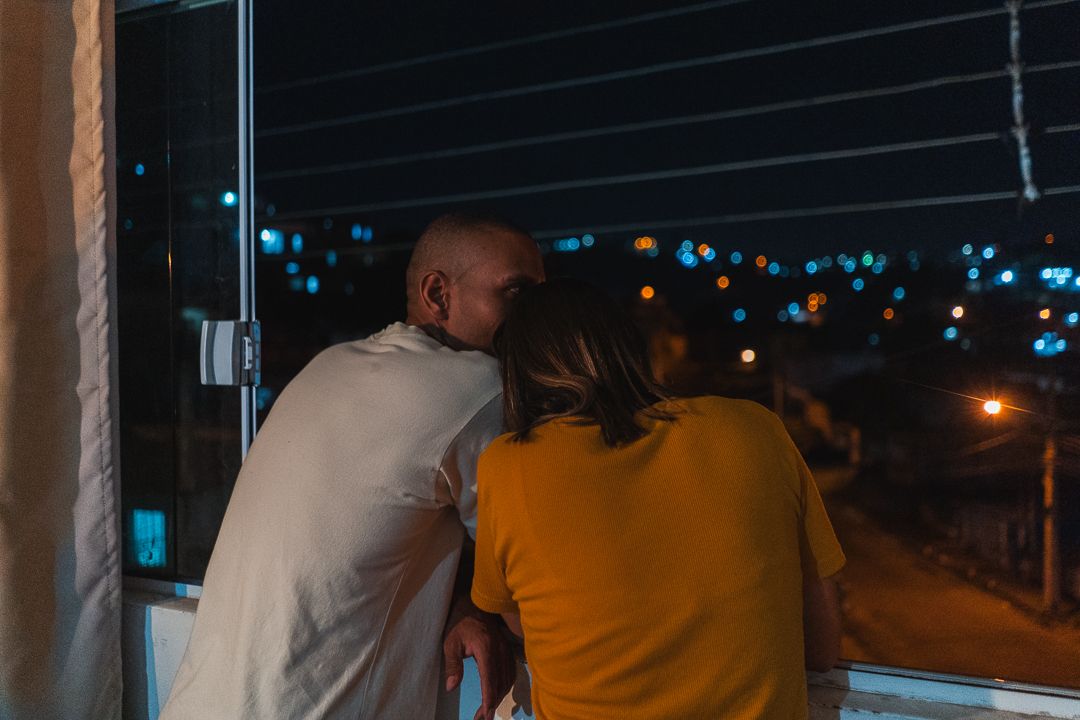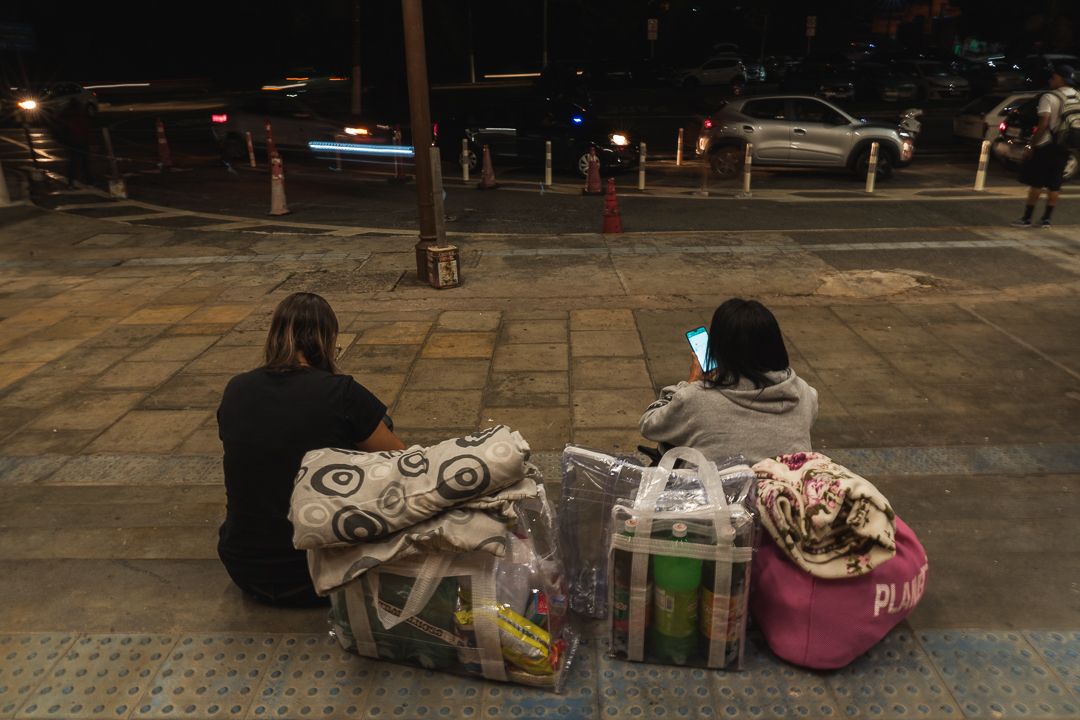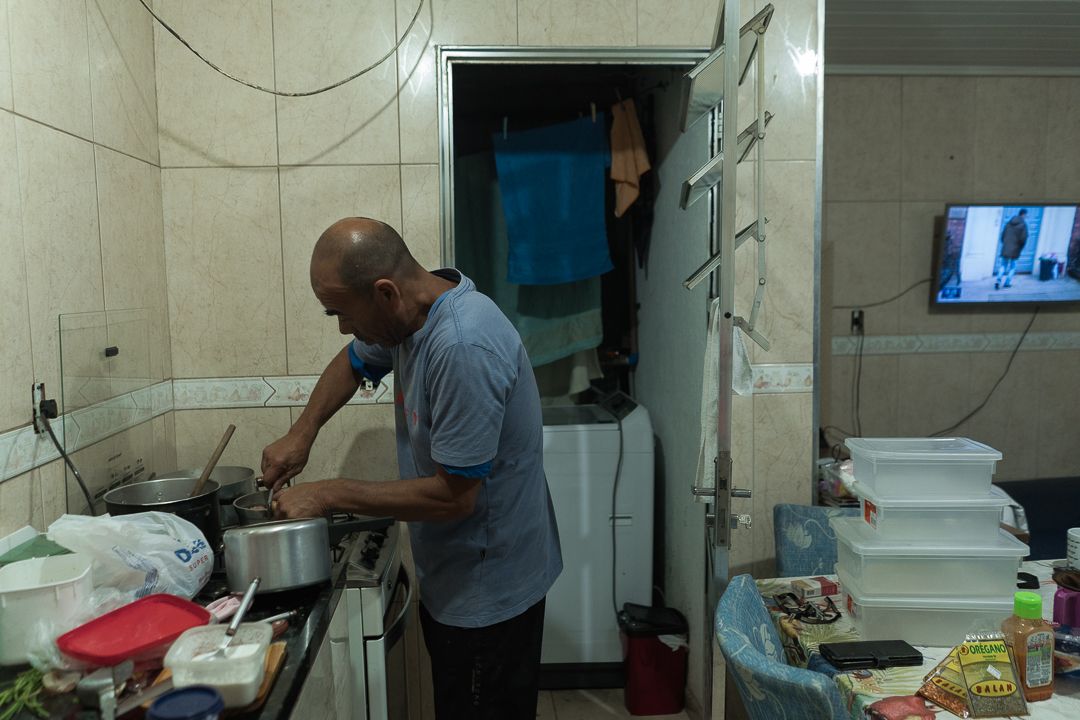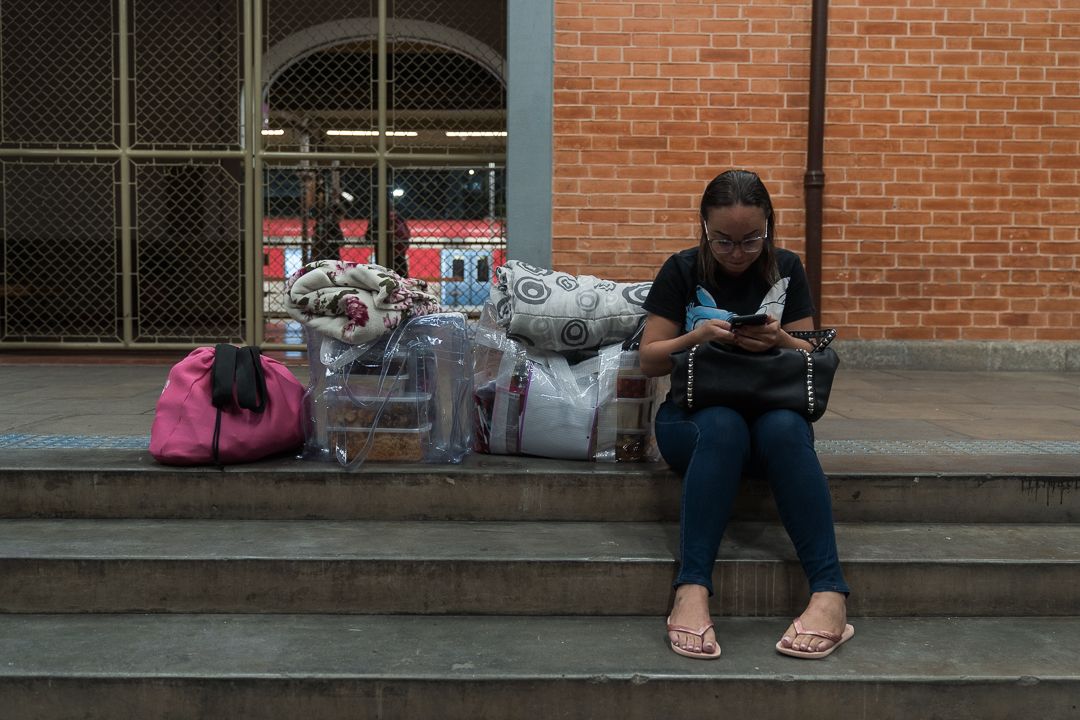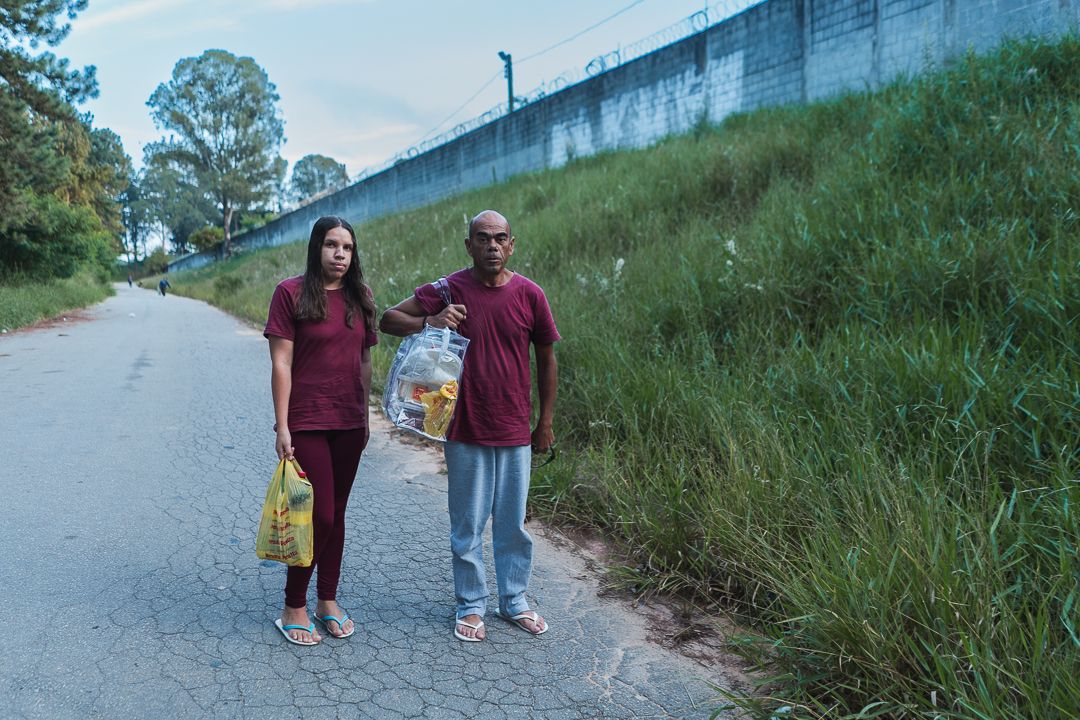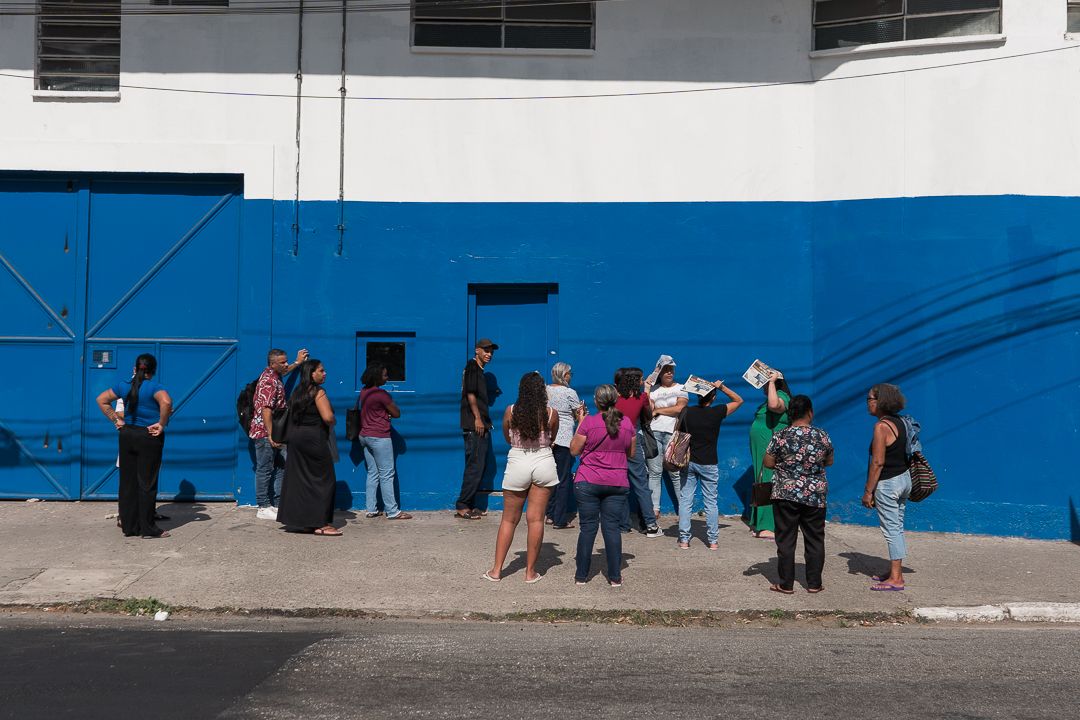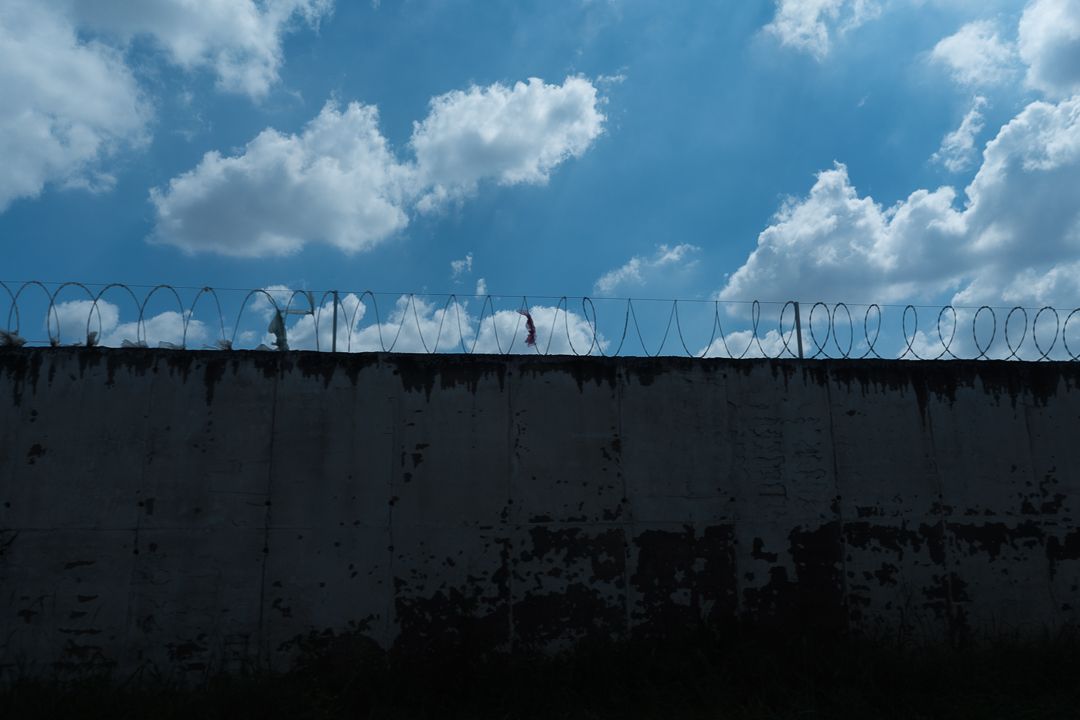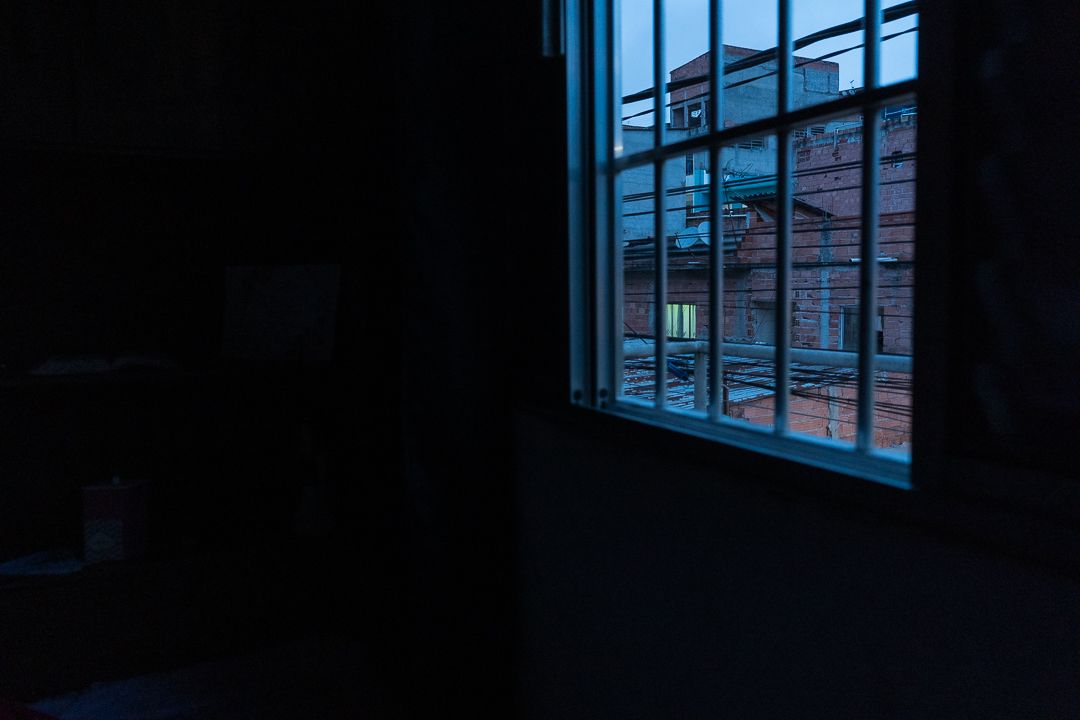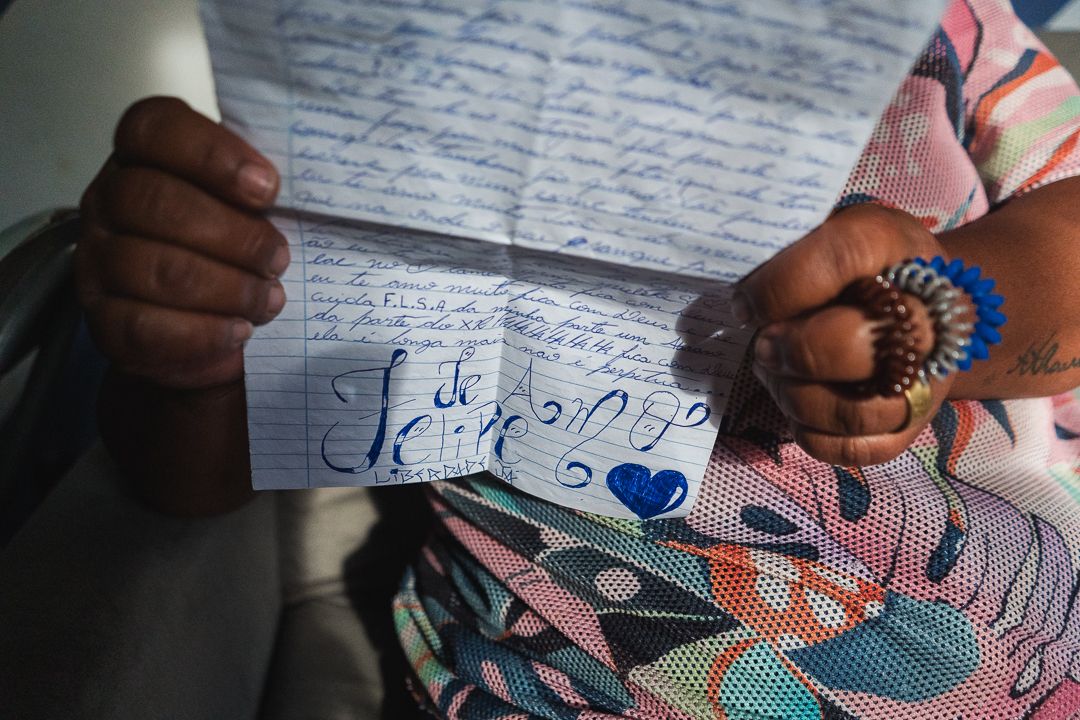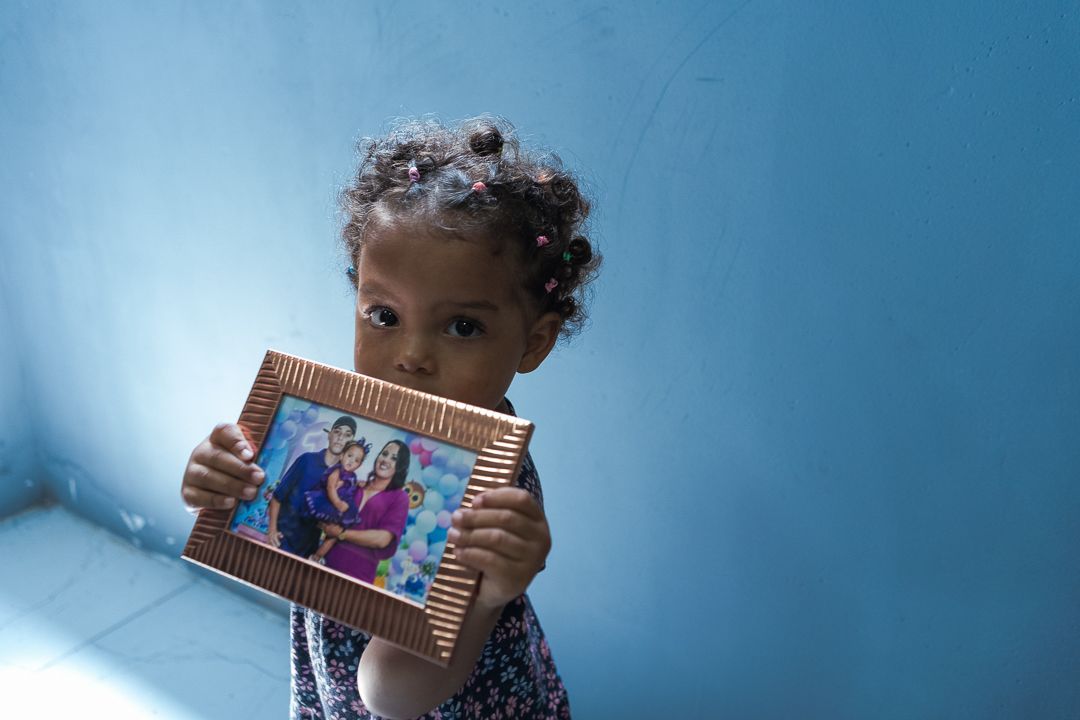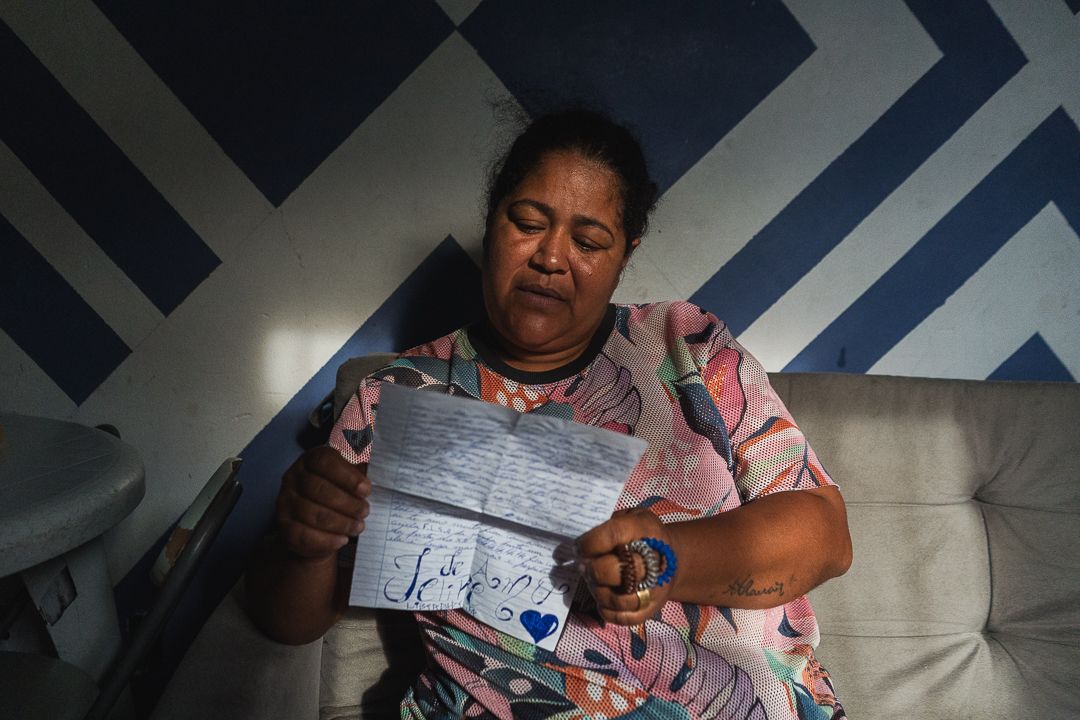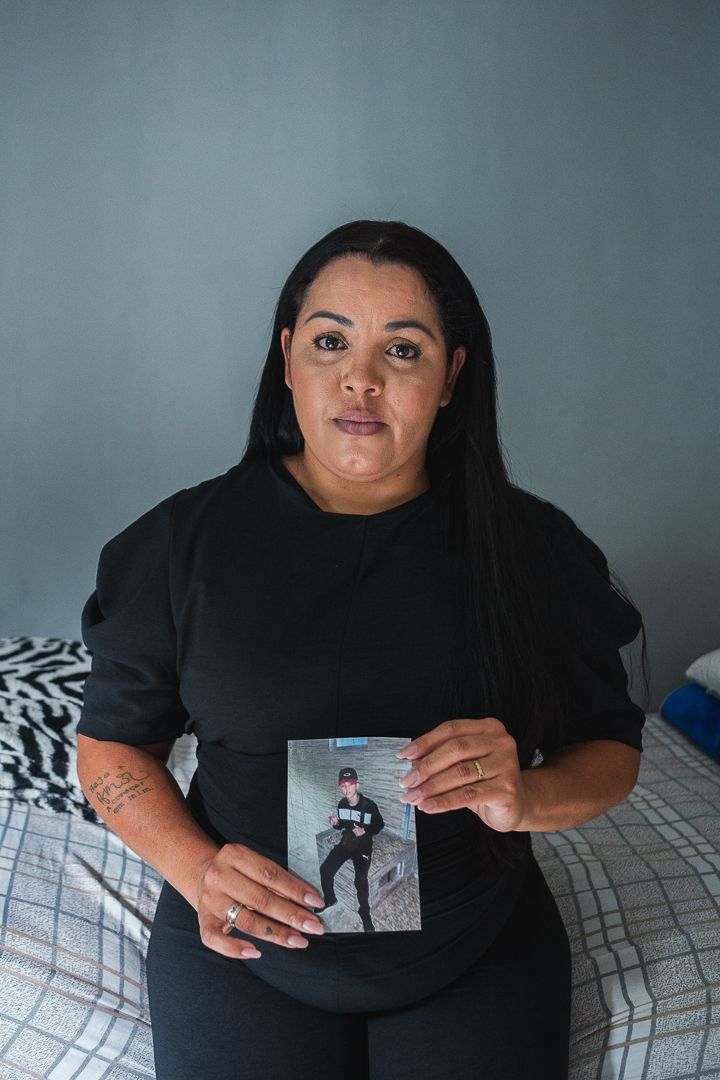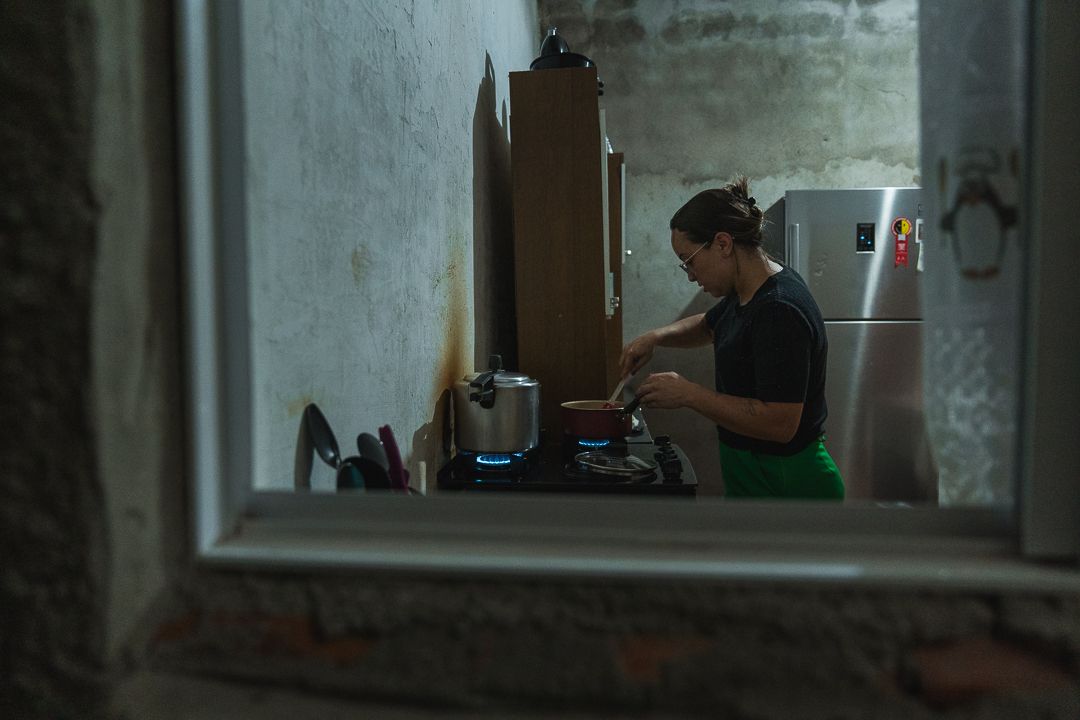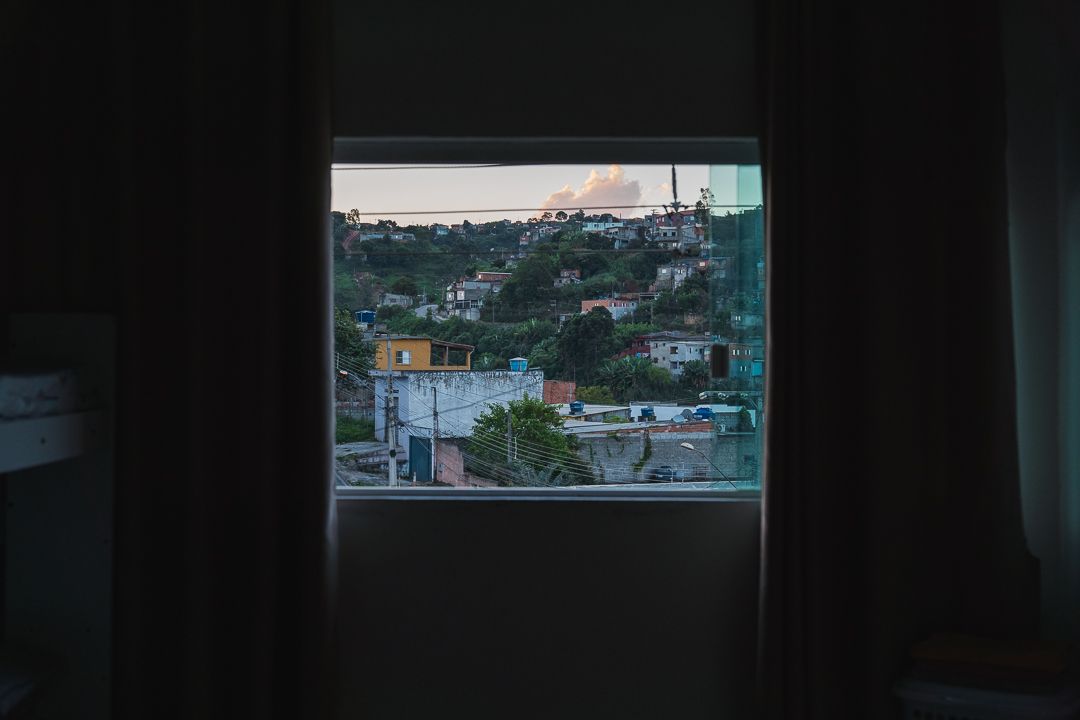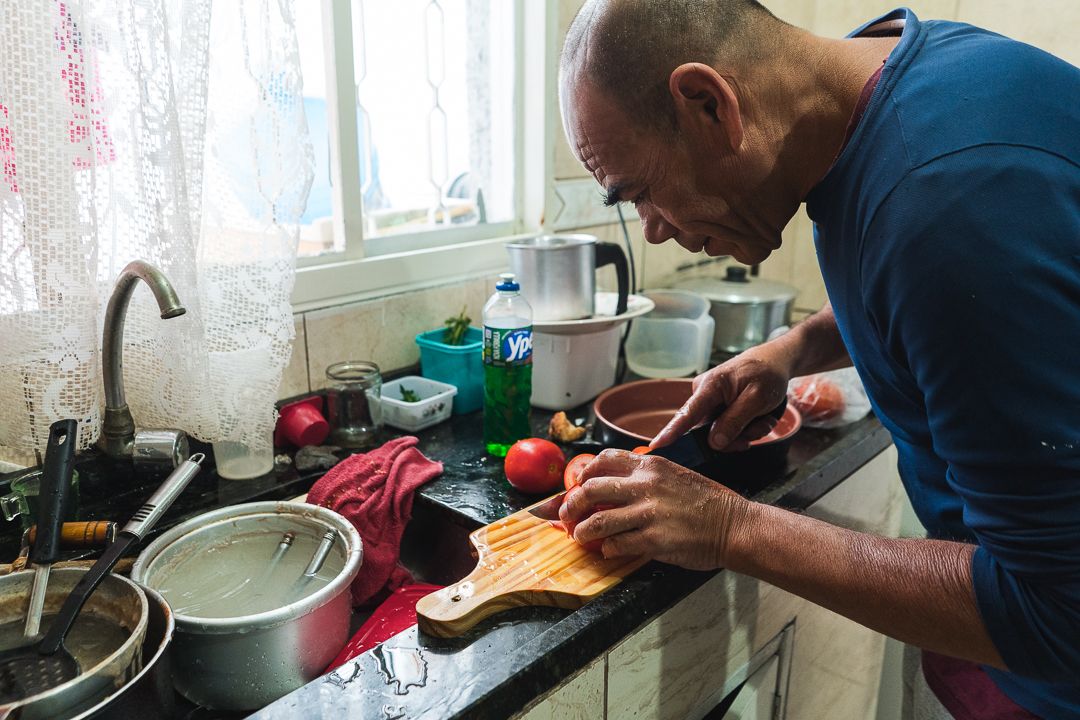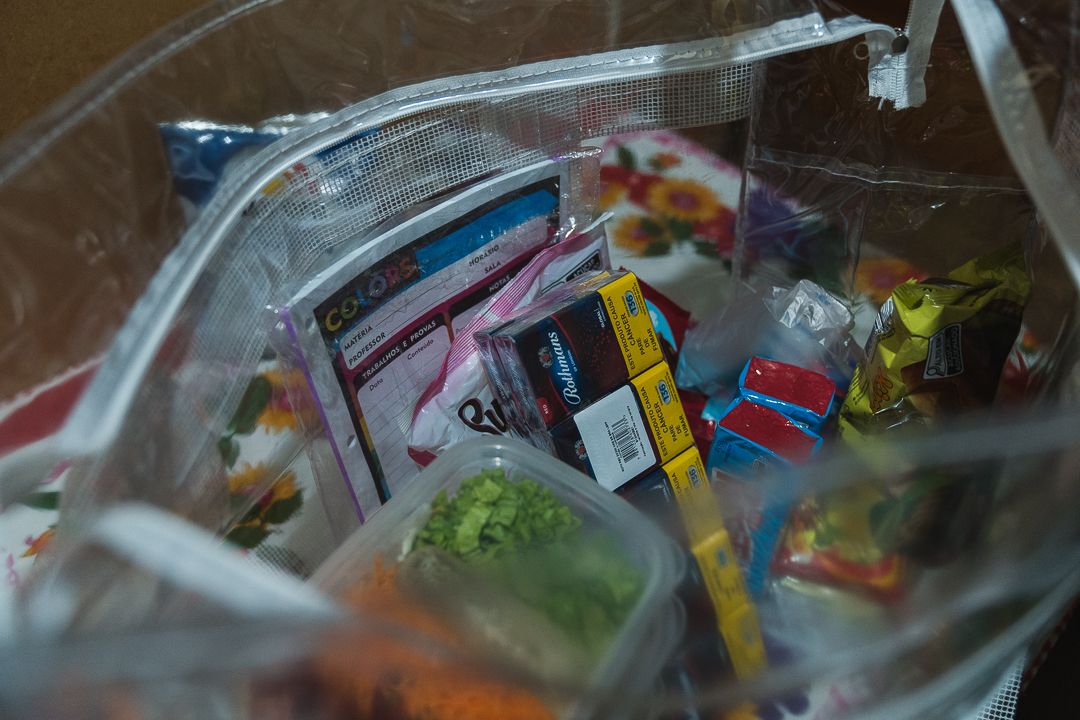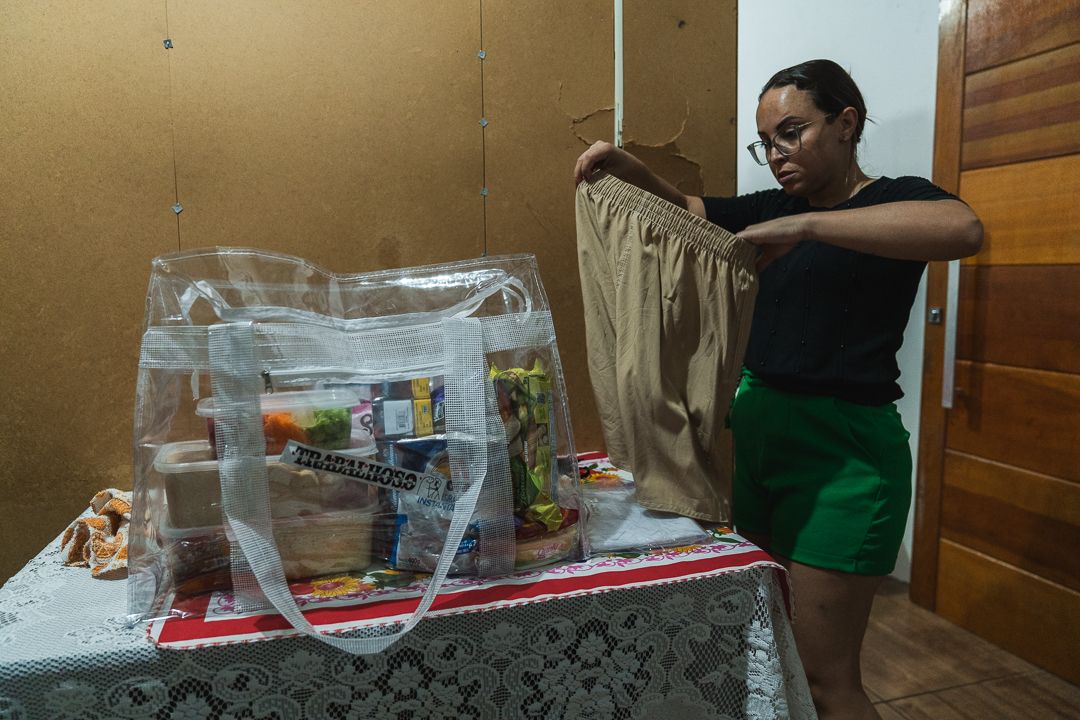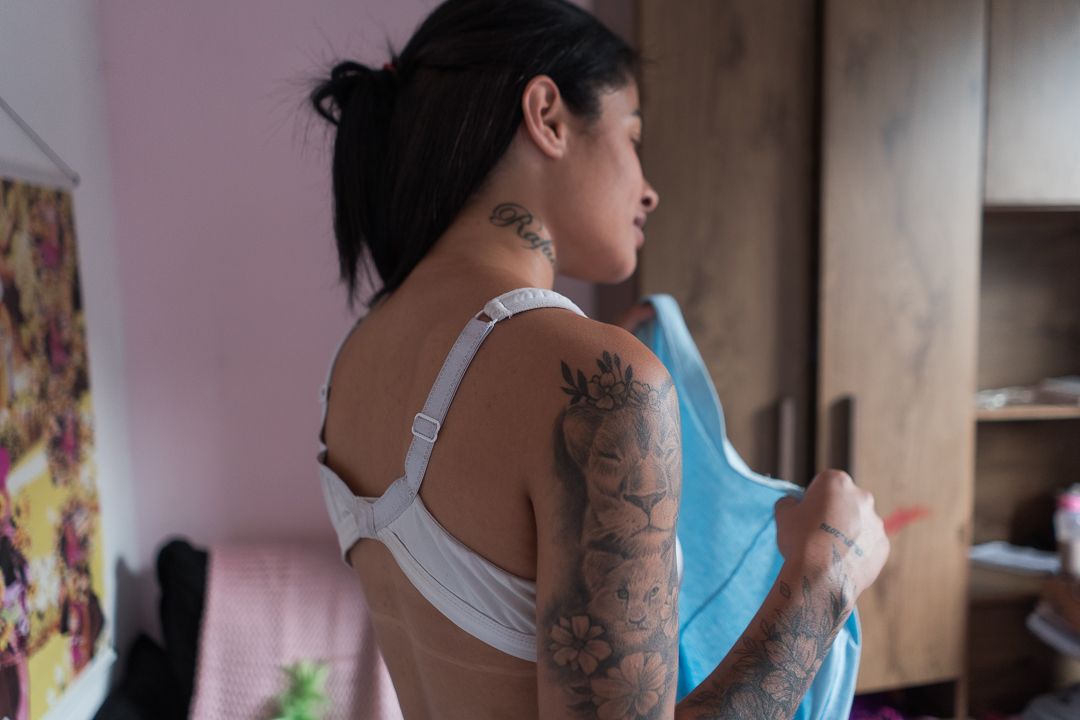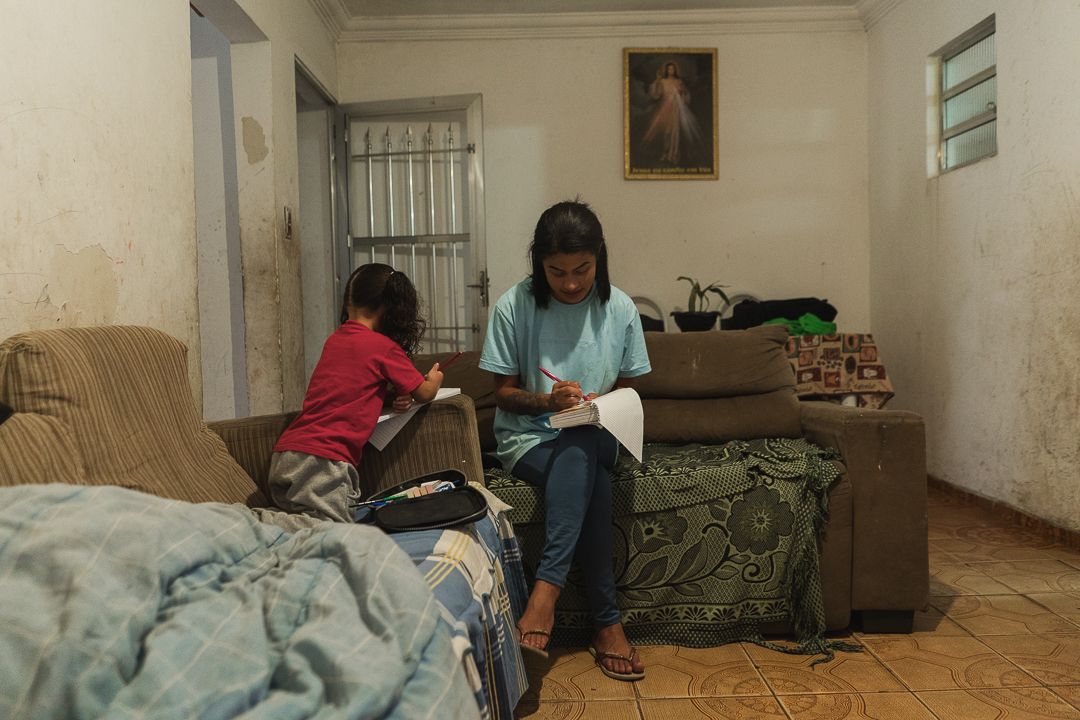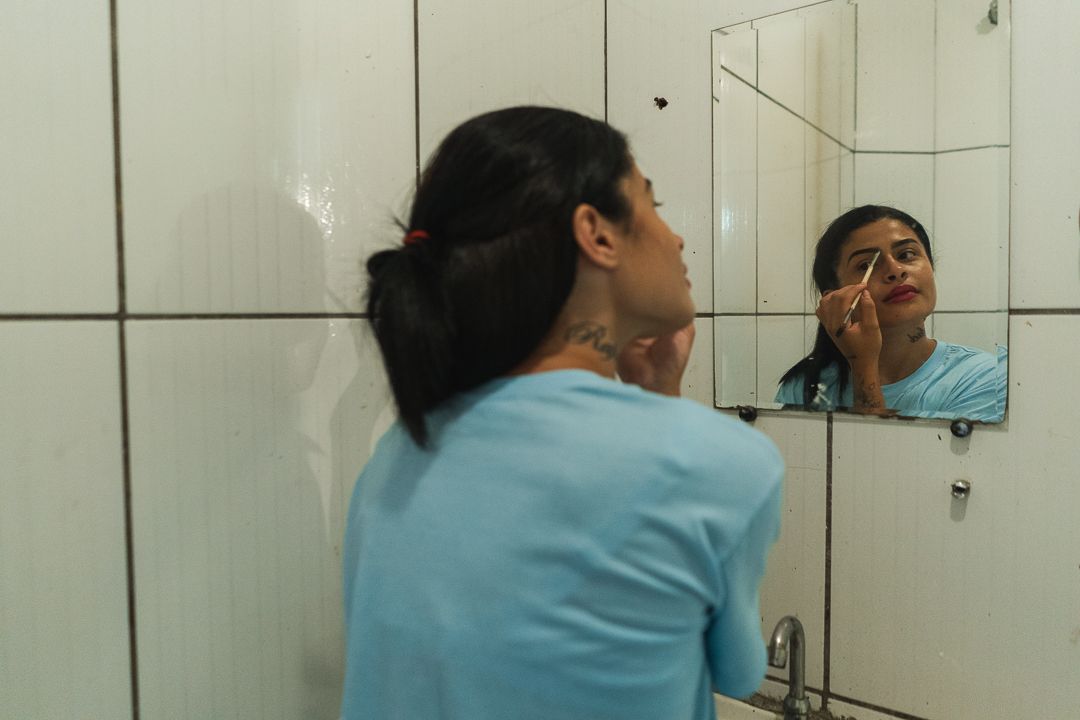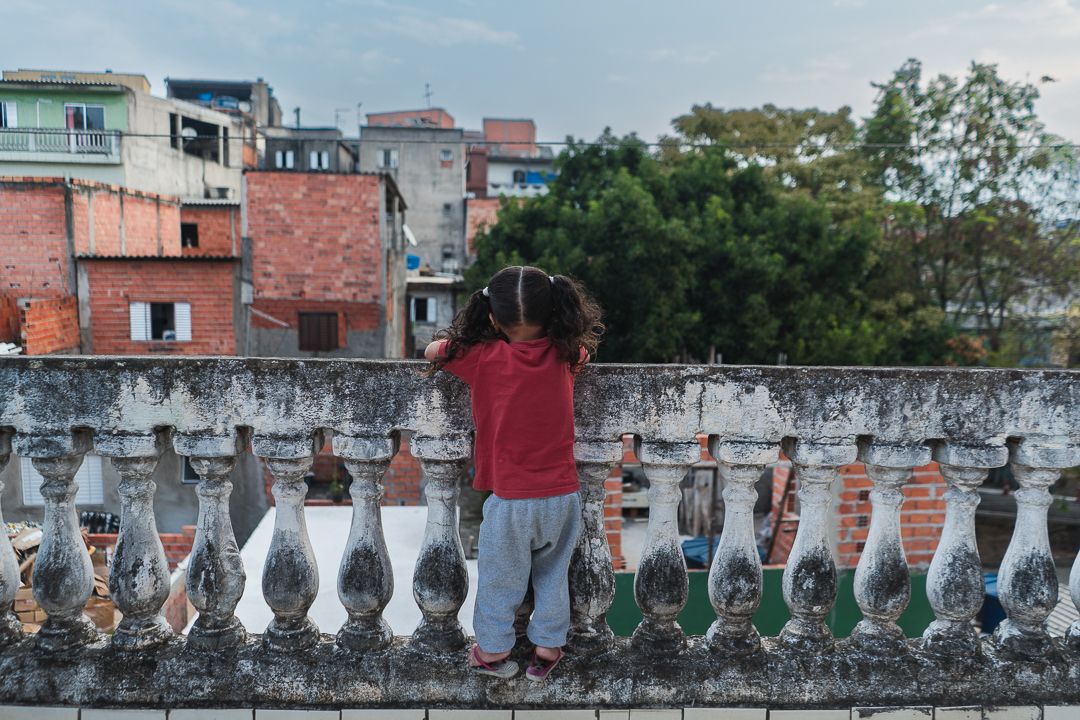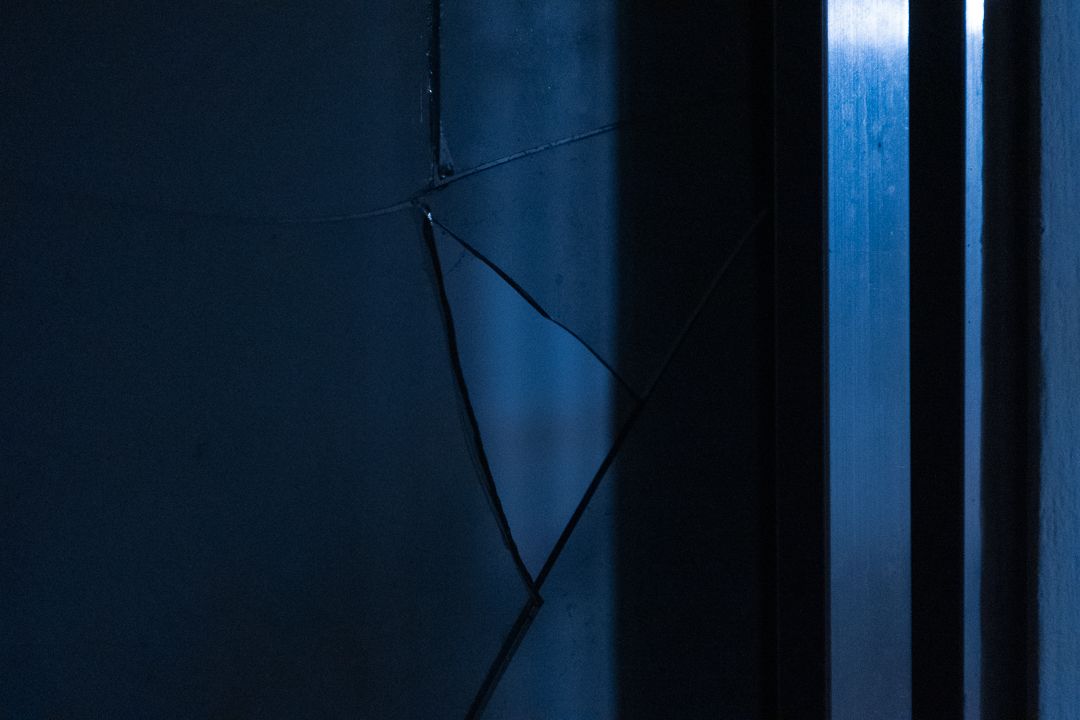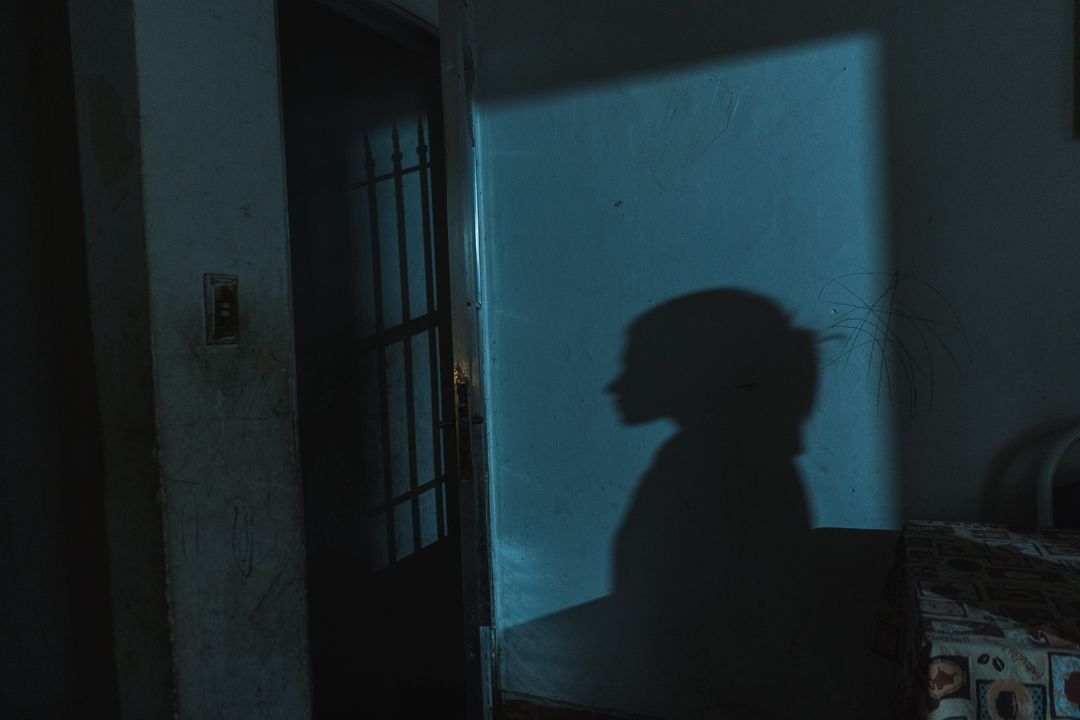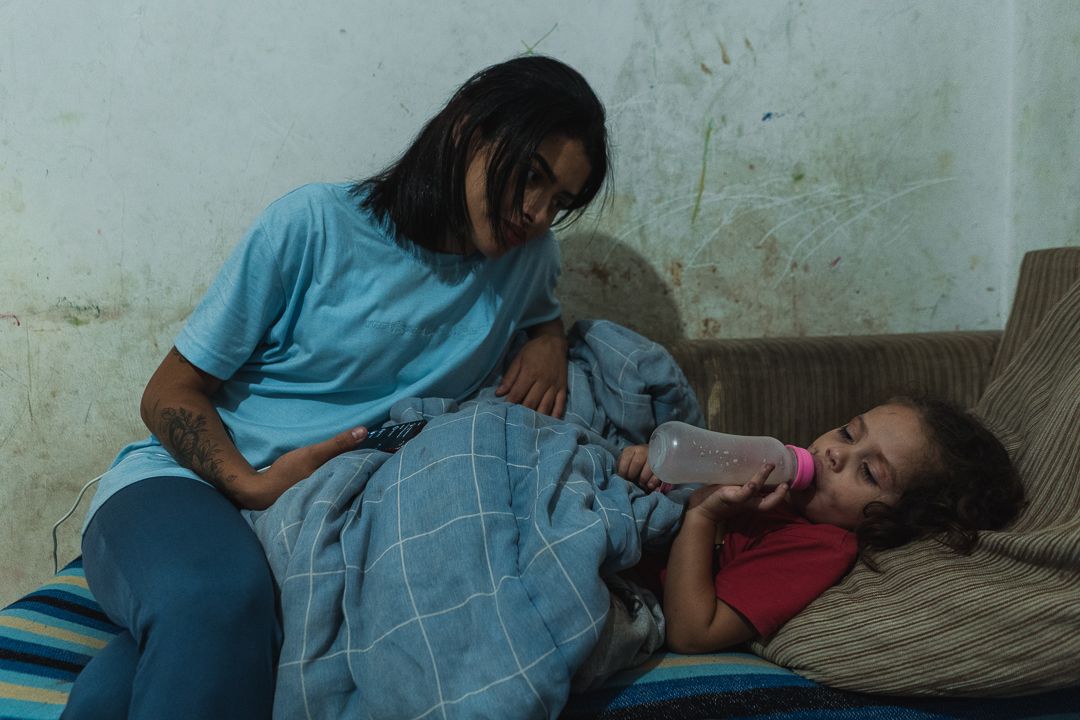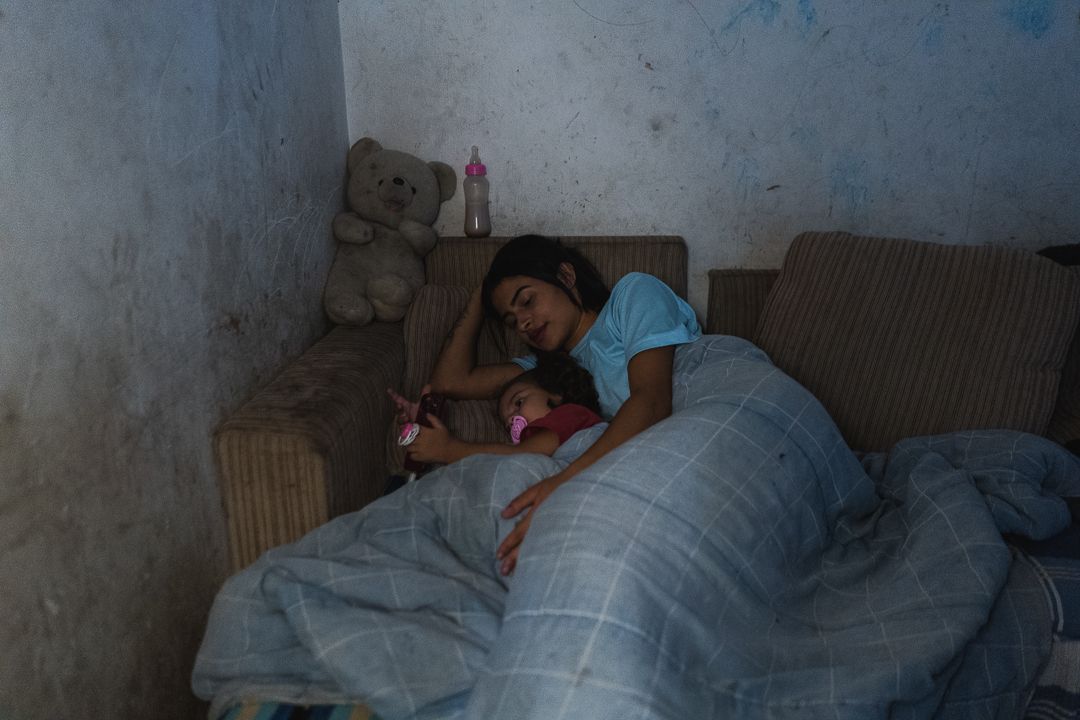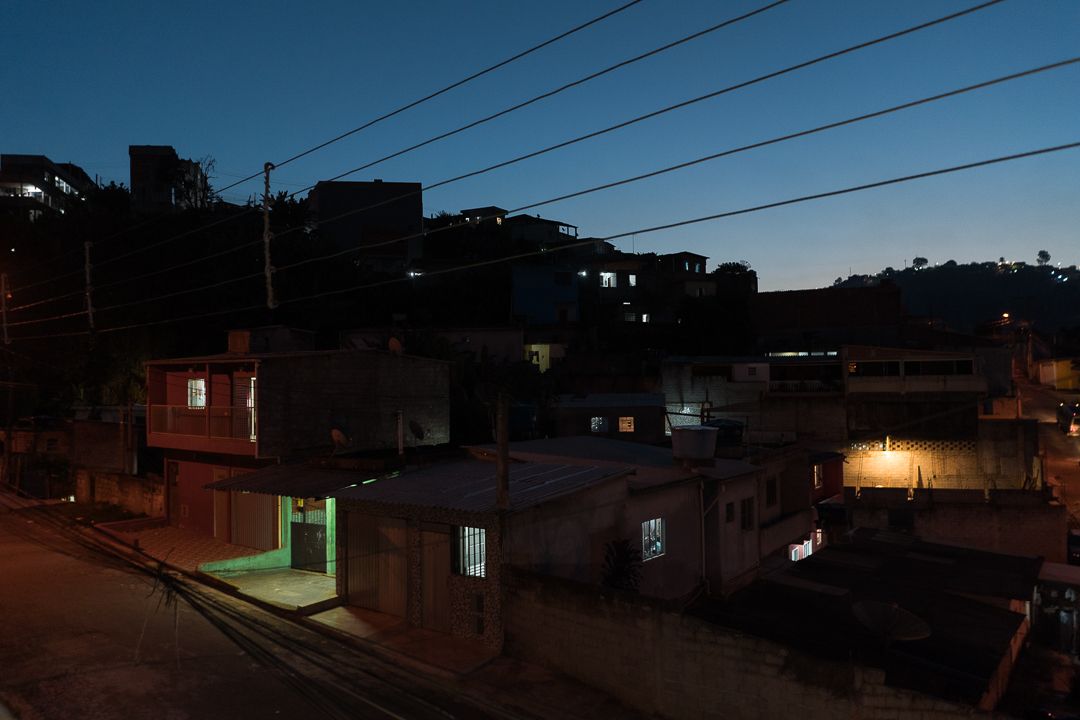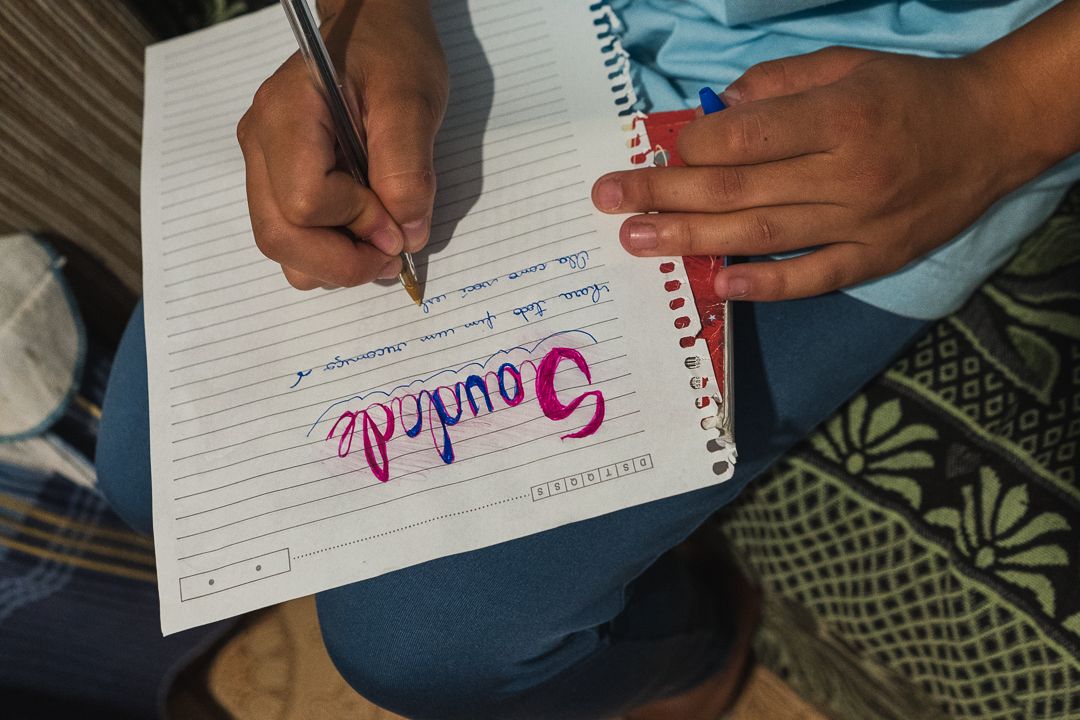PAUSED LIVES Raquel O'Czerny May, 2024
Project in collaboration - Program of Mentorship by VII Academy Level II / VII Agency
In Brazil, where the incarcerated population ranks third globally with over 800 thousand people, the effects of imprisonment are deeply felt not just by those in jail, but also by their families. Life for these families is marked by struggles that reach far beyond the prison walls, affecting every part of their daily existence.
Paused Lives is a compilation of stories and testimonies following the daily routine and preparation that follows the visits to their loved ones in prison. They march forward with determination, fueled by the hope that tomorrow holds the promise of a better day, when their spouses, sons and fathers can reclaim their freedom and begin a new chapter in their lives.
Photos and Text: Raquel O’Czerny
For more details, photos, comissions and assignments, please contact Raquel O'Czerny
PAUSED LIVES Raquel O'Czerny May, 2024
In Brazil, where the incarcerated population ranks third globally with over 800 thousand people, the effects of imprisonment are deeply felt not just by those in jail, but also by their families. Life for these families is marked by struggles that reach far beyond the prison walls, affecting every part of their daily existence.
"If you someday go to jail, don't count on me,” said Gleice, 36, in a moment of anguish and desperation, “I won't visit you.” Her words hung heavily in the air like an unbreakable vow. It was a mother's warning to her son, filled with love and fear, as he began to walk down a dangerous path, entangling with bad companions. Shortly afterwards, Kayo, 19 at the time, found himself on the wrong side of the law, arrested for his involvement in a robbery attempt that left him wounded, after three bullets seared through his body.
"When I received a call about the arrest and gunshots involving two boys, and knowing that one of them was my son, I feared the worst,” she recounted, “But in some strange way, learning that he was being taken to jail brought a sense of relief". And from the moment he was arrested, despite her earlier proclamation, Gleice stood by his side. Kayo has been in prison for nearly two years, and she visits him every other weekend, alternating with other members of his family, including his father, brother and girlfriend.
The preparation for the visit begins with a trip to the grocery store to purchase all the necessary ingredients for preparing a special meal to take along. Leandro, 37, Kayo's father, drives Gleice to a nearby city, a 45-minute journey by car, to reach the station. There, she boards a van filled with women also traveling to visit their loved ones at the same prison, located 180 kilometers away. Arriving at a guesthouse close to the prison at around 2 am, they manage to rest for a few hours before being able to see their relatives early in the morning.
It’s the same for many family members who wake up early every Saturday or Sunday morning, to visit someone special in prison. Some are fortunate to make their visits to prisons located nearby, while for many families the visit requires a long and arduous journey, marked by hours spent on the road. It is not uncommon for families to travel the day before their visit in order to arrive early in the morning and spend the entire day together with the ones they miss.
Steffany, 19, embarks on her journey with her daughter Lorena, 2. Carrying her personal belongings and the infamous transparent bag filled with necessities, she navigates the familiar route to the bus station, a ten-minute ride away. From there, she boards the train to Barra Funda, where she catches the van to Guareí, the city where the penitentiary Rafael, 26, her husband, is incarcerated for a year. It's a long and arduous journey, but for Steffany, the miles traveled are a small price to pay for the chance to see her family united. Her life is deeply shaped by the burden of her past and the obligations of her present. Growing up with
her father behind bars, visiting him as a child stirred feelings of shame and resentment within her. "I grew up envisioning my father returning home, and I'm determined not to let my daughter grow distant from her father," she said. As she walks the familiar path, holding her daughter's hand, Steffany carries with her the hope of a better tomorrow where the bonds of love and family prevail against all odds.
The financial cost of these visits weighs heavily on already strained budgets, with expenses of transportation, lodging, and the purchase of food and other necessities. The preparations for the visit are meticulous. Leggings and t-shirts are the standard uniform for women, with underwear carefully chosen to comply with prison regulations. Men must wear jogger trousers and t-shirts, and flip-flops are the only allowed footwear for any visitor. Personal belongings, such as purses, jewelry and cell phones, are entrusted to vendors who set up tents near the prison, providing a range of items allowed for entry and storage of prohibited items. These trivial aspects are reminders of the highly structured life within the prison, where even minor expressions of individuality are strictly regulated.
They all enter the penitentiary carrying a large, heavy transparent plastic bag filled with meals cooked the previous night, specially prepared for their visit. The act of cooking meals for prison visits is more than just a culinary task - it's a labor of love and an expression of care.These meals include salad and dessert, all carefully chopped and put into transparent plastic containers to facilitate inspection by the officers. Additionally, the bag contains a few extra treats, as well as cleaning and hygiene products.
Despite the brevity of their time together, the moments they share leave a permanent mark on their hearts. As families gather to eat, they share not only food but also stories, laughter, and tears. And for those incarcerated without visitors, these shared meals with a partner's family member bring a moment of joy and comfort. In these times, the lines between visitor and inmate fade, uniting them in shared humanity beyond prison walls and every word of encouragement, every tearful embrace, feeds their hope for brighter days ahead.
"One less day for the system" - they often say at the end of each visit, acknowledging that each day spent in prison brings them one step closer to freedom. And as they prepare to depart, reluctantly returning to the outside world, they leave a part of themselves behind, their hearts heavy with the weight of separation. The vast majority of visitors are women. Samuel, 48, is one of the committed fathers who visits his son, Lucas, 20, every weekend, accompanied by his younger daughter, Alice, 26. "He made a mistake and has to pay for what he did, but I can't abandon him now. He needs to know that he can count on me."
They remain a constant presence in Lucas' life, reminding he is not alone, even in the depths of his incarceration.
At home, the absence of their incarcerated family member casts a long shadow, leaving an empty space that can never truly be filled. "I live for Saturdays, which is visitation day. Sundays are the days I miss him the most because it was when we spent the most time together", says Thais, who has a son in a youth correctional facility. Ian, who was 17 when was arrested, has been incarcerated for six months now and has just turned 18. As a minor in Brazil, the duration of his stay is undetermined. The indefinite imprisonment hangs heavily, affecting Thaís's every thought and action. Occasionally, Thaís brings along her younger daughter, Julia, 2, recognizing the significance of maintaining the bond between brother and
sister despite the challenging circumstances. Julia, who is too young to understand what her brother is going through, is simply told that he is in a different kind of school.
"Since he was arrested, I haven't touched his things. I can barely go into his room. Only those who experience it know how much it hurts. A part of me is missing", says Kauana, 41, who at the time of this interview had only one son, Enzo, 20, in jail. Now, a year after her oldest son was incarcerated, her other son, Matheus, 17, has also been detained in a juvenile facility. "He used to work and be a good boy. I don't know what happened; he just started doing wrong things."
Families often experience feelings of guilt and self-doubt, questioning if they could have prevented their loved one's incarceration. They struggle with the weight of their actions or inactions, haunted by what-ifs. It is common for children to struggle with feelings of abandonment, while spouses and parents are left to carry the burden of responsibility alone. Besides, social relationships often become tense or completely broken, as friends and acquaintances struggle to understand or offer support in the face of such adversity. Going through so much often leads to profound psychological challenges such as depression and anxiety due to the separation and uncertainty. Many turn to medication to cope, seeking relief from overwhelming distress.
To cope with this, support groups offer validation and understanding from others who have walked a similar path and help them navigate their journey toward healing and resilience. Thais created a project called 'Mães da Fundação' where she works together with partner lawyers providing legal assistance, emotional support, and seeking help for professional training courses so that these young people will have more opportunities when they are released. "I don't know if my son will change,” she stated, I'm opening all the doors I can for him, but it depends on whether he wants to walk through them."
Thrust by fate into a world marked by uncertainty, prisoners’ families are forced to adapt to a new reality filled with challenges and complexities. In the face of adversity, they forge a new normal - a life reshaped by the realities of incarceration. And though the road may be long and full of obstacles, they march forward with determination, fueled by the hope that tomorrow holds the promise of a better day, when their loved ones can reclaim their freedom and begin anew.




